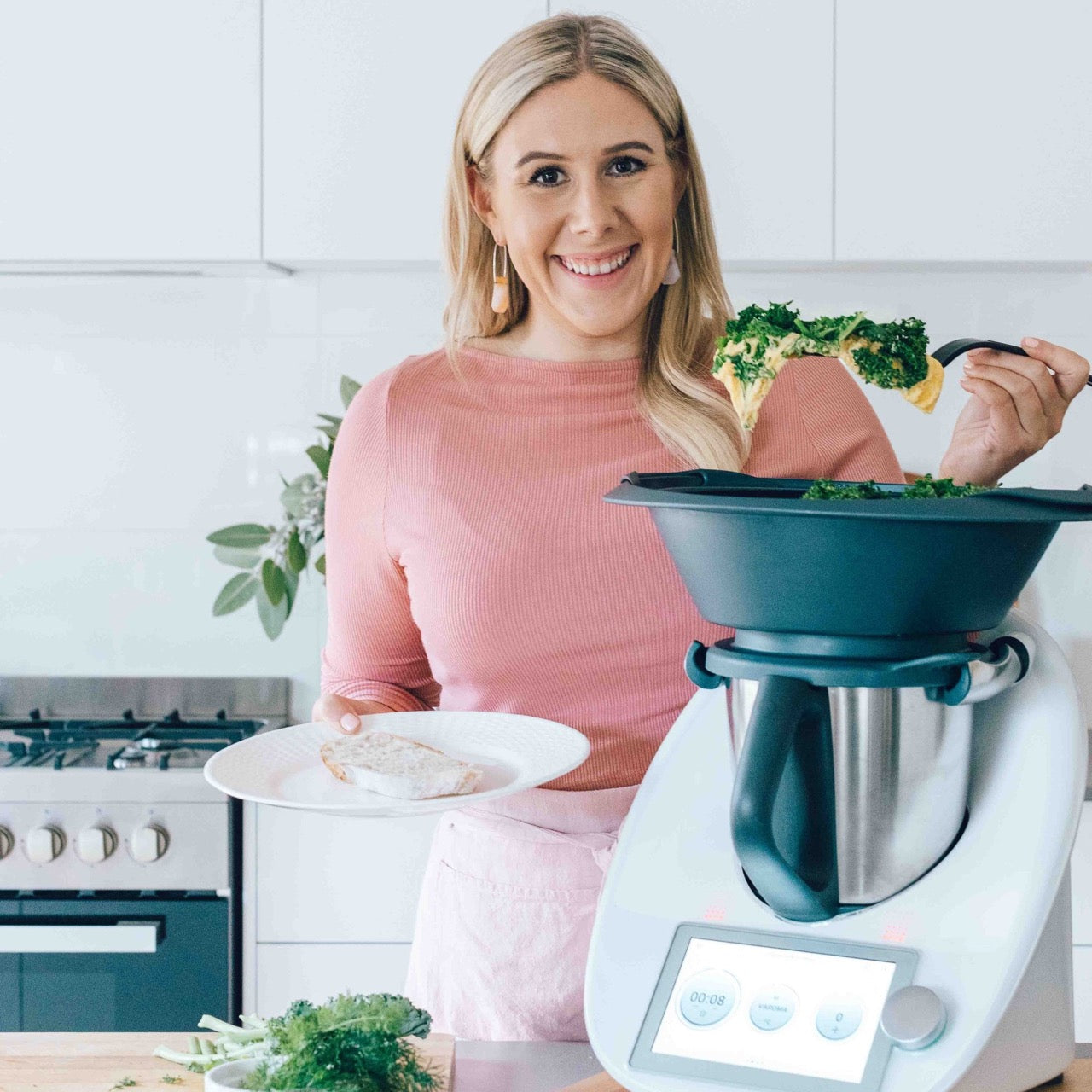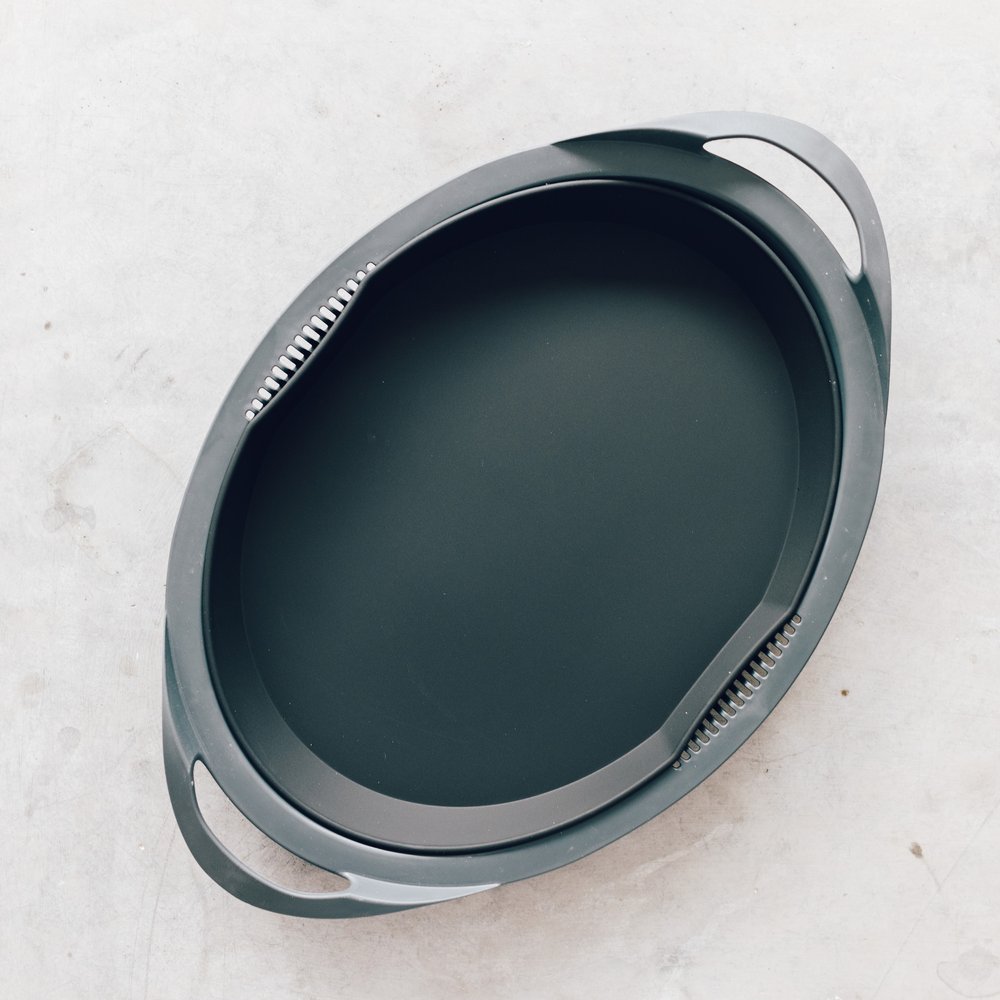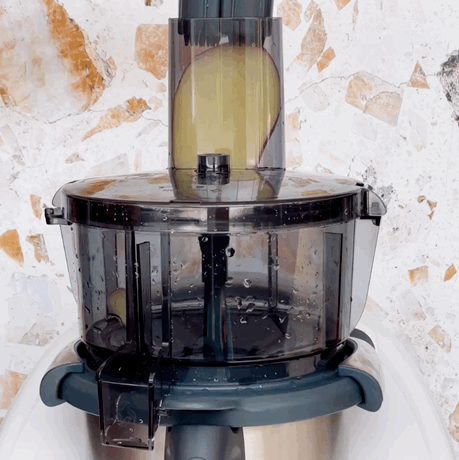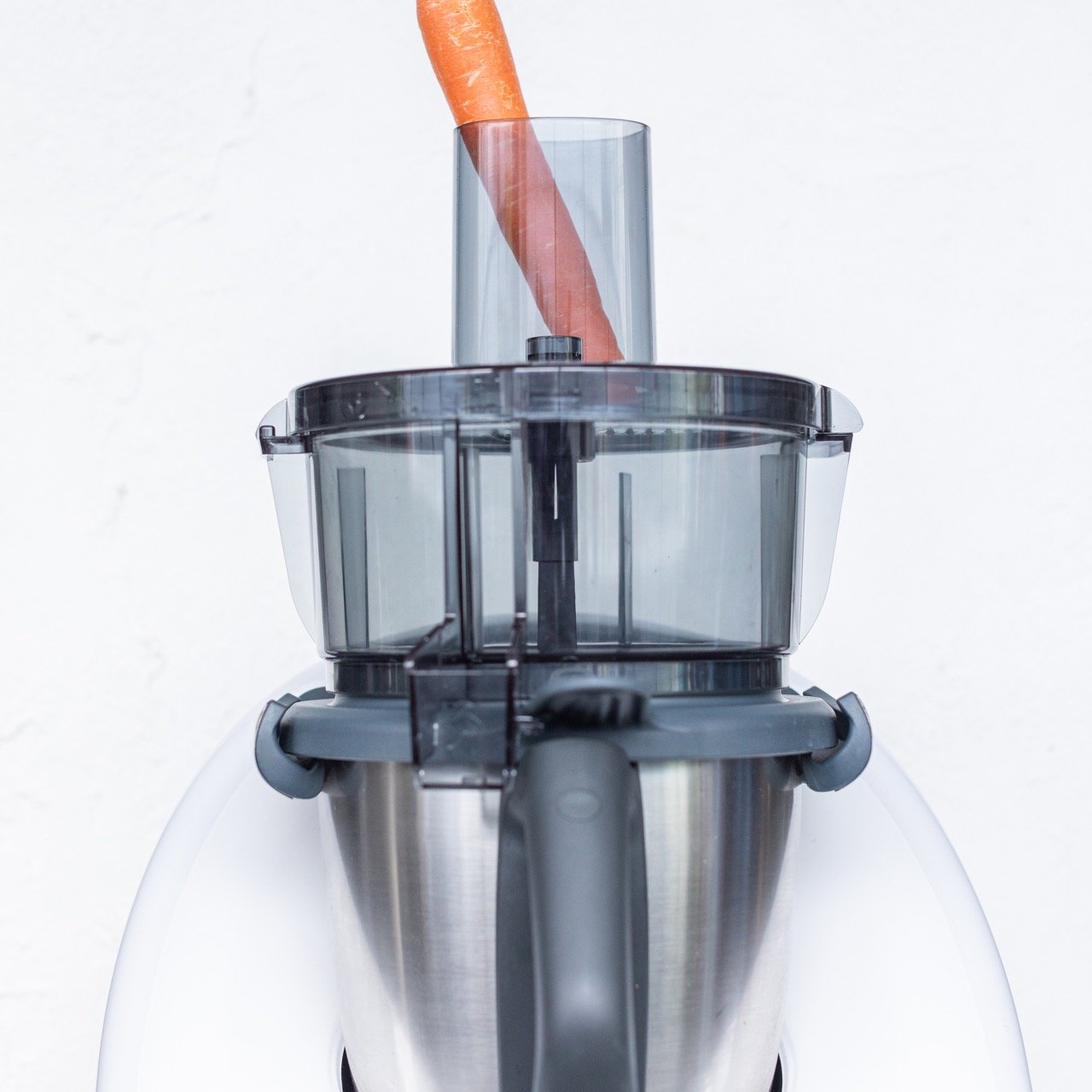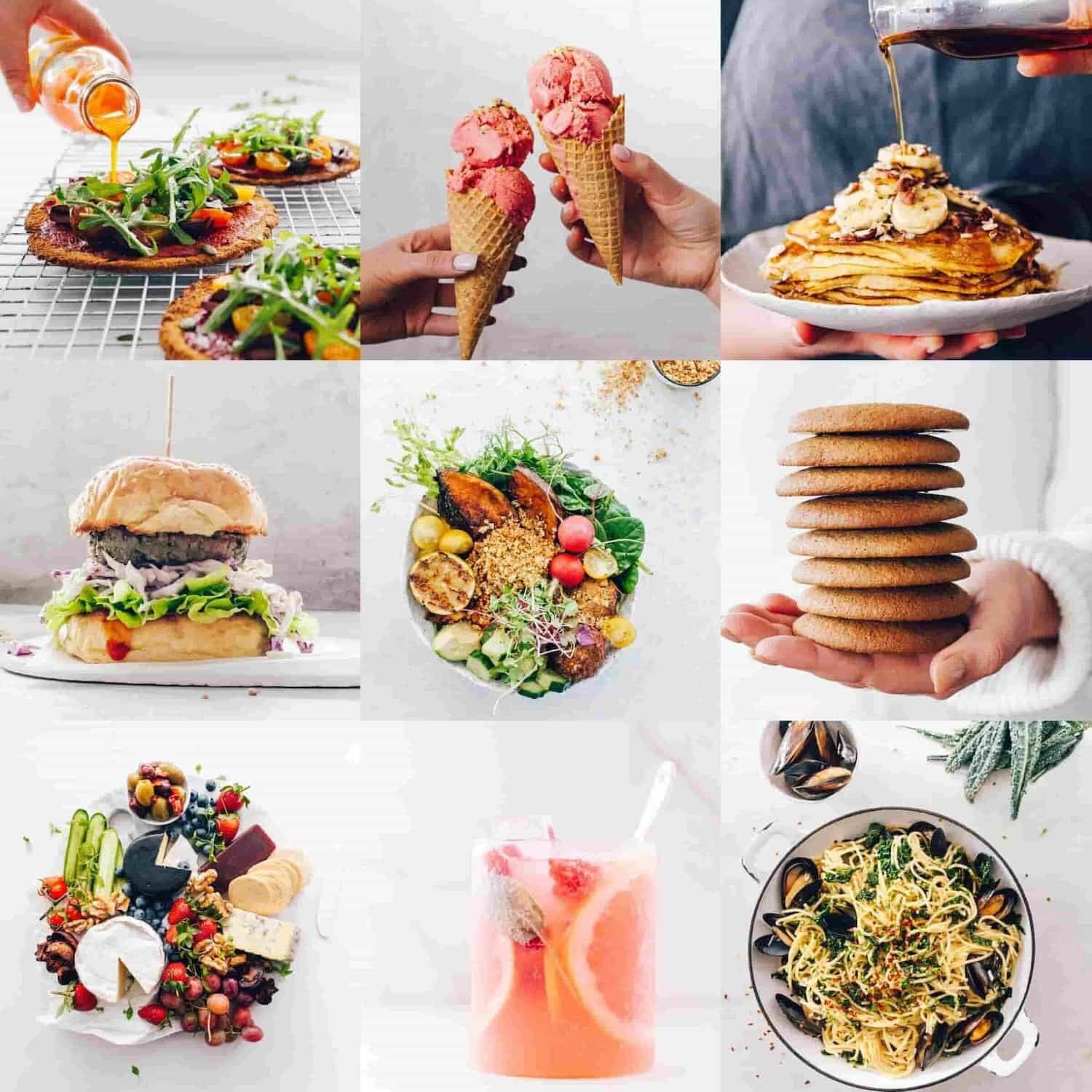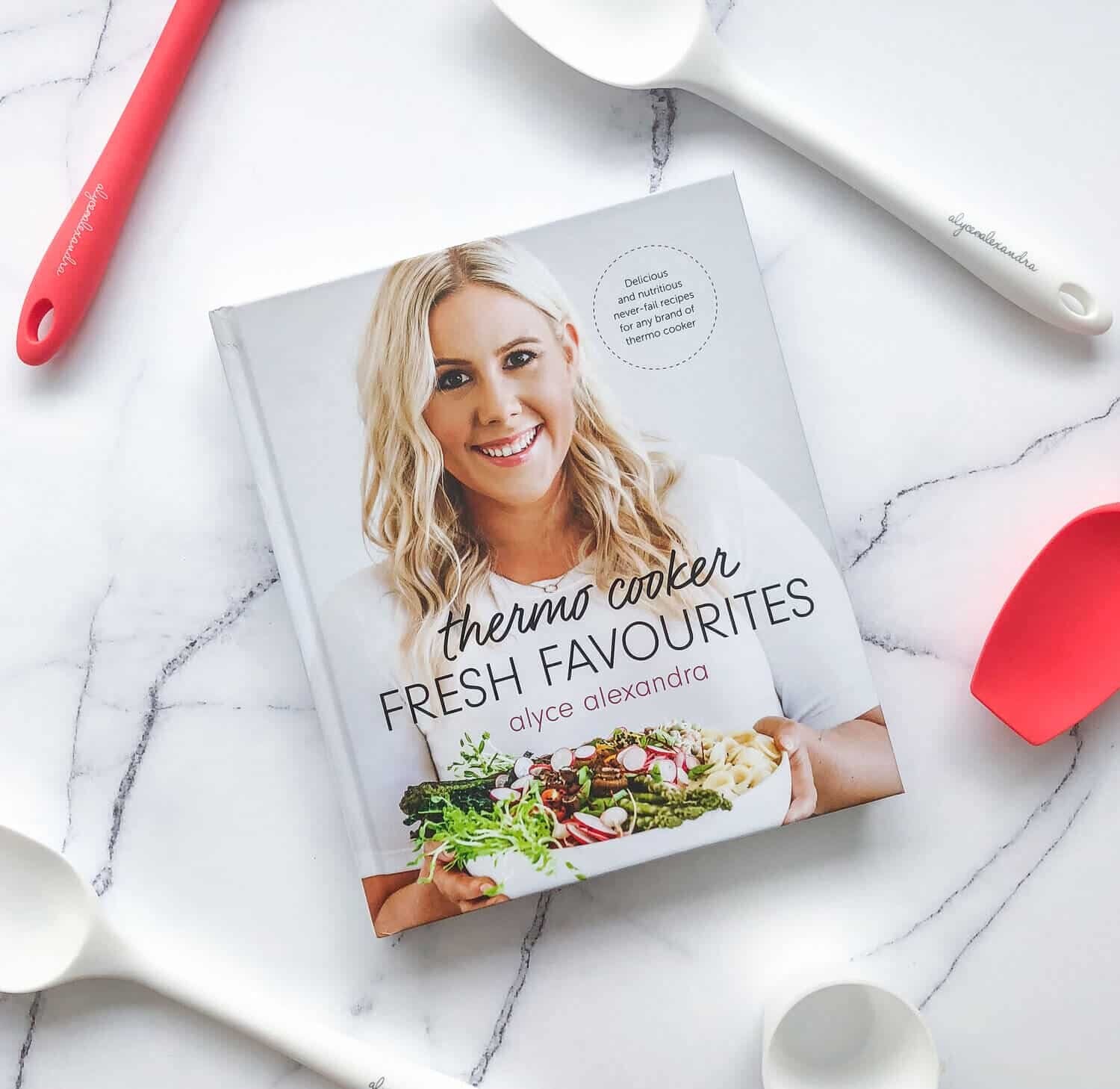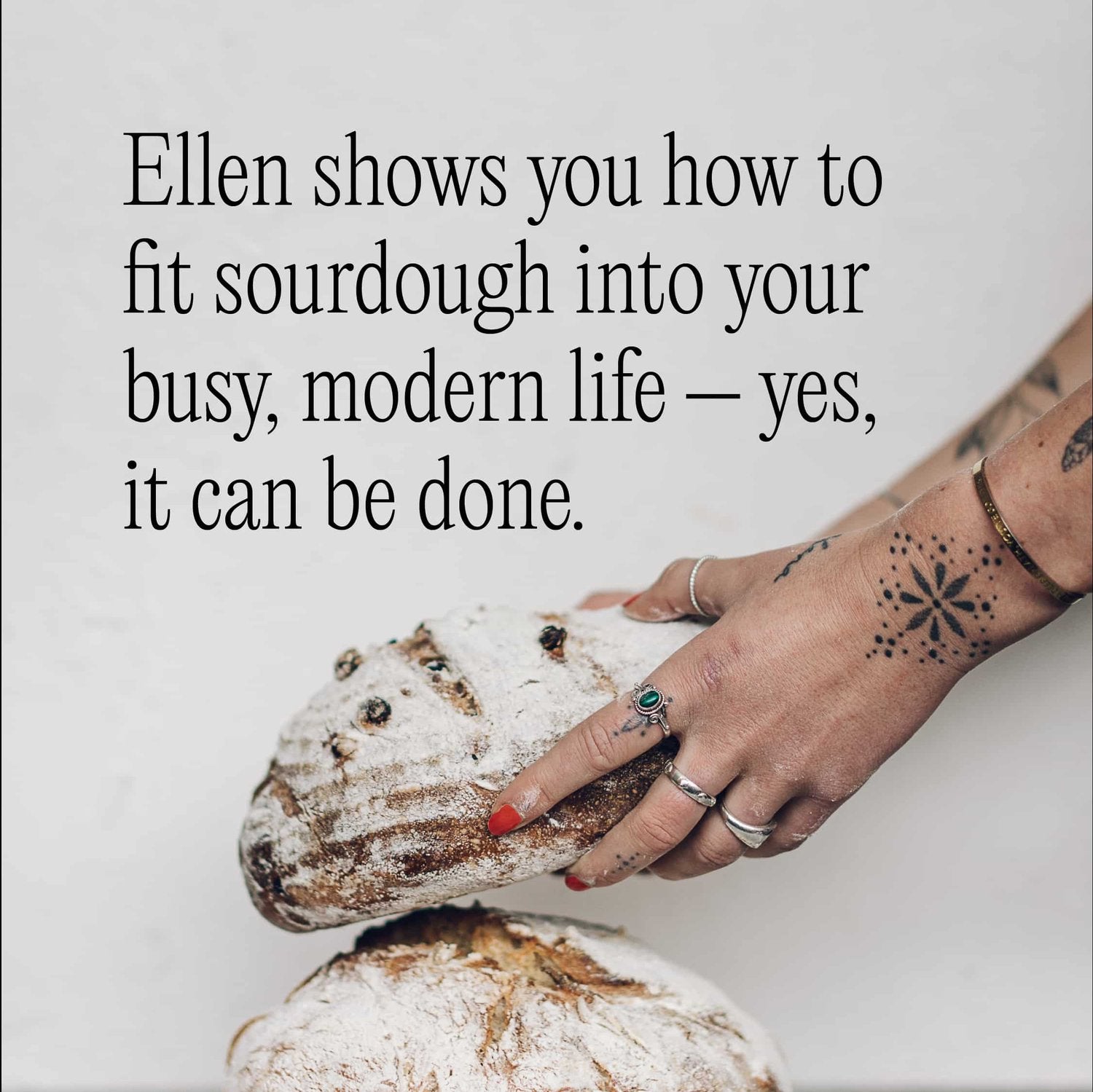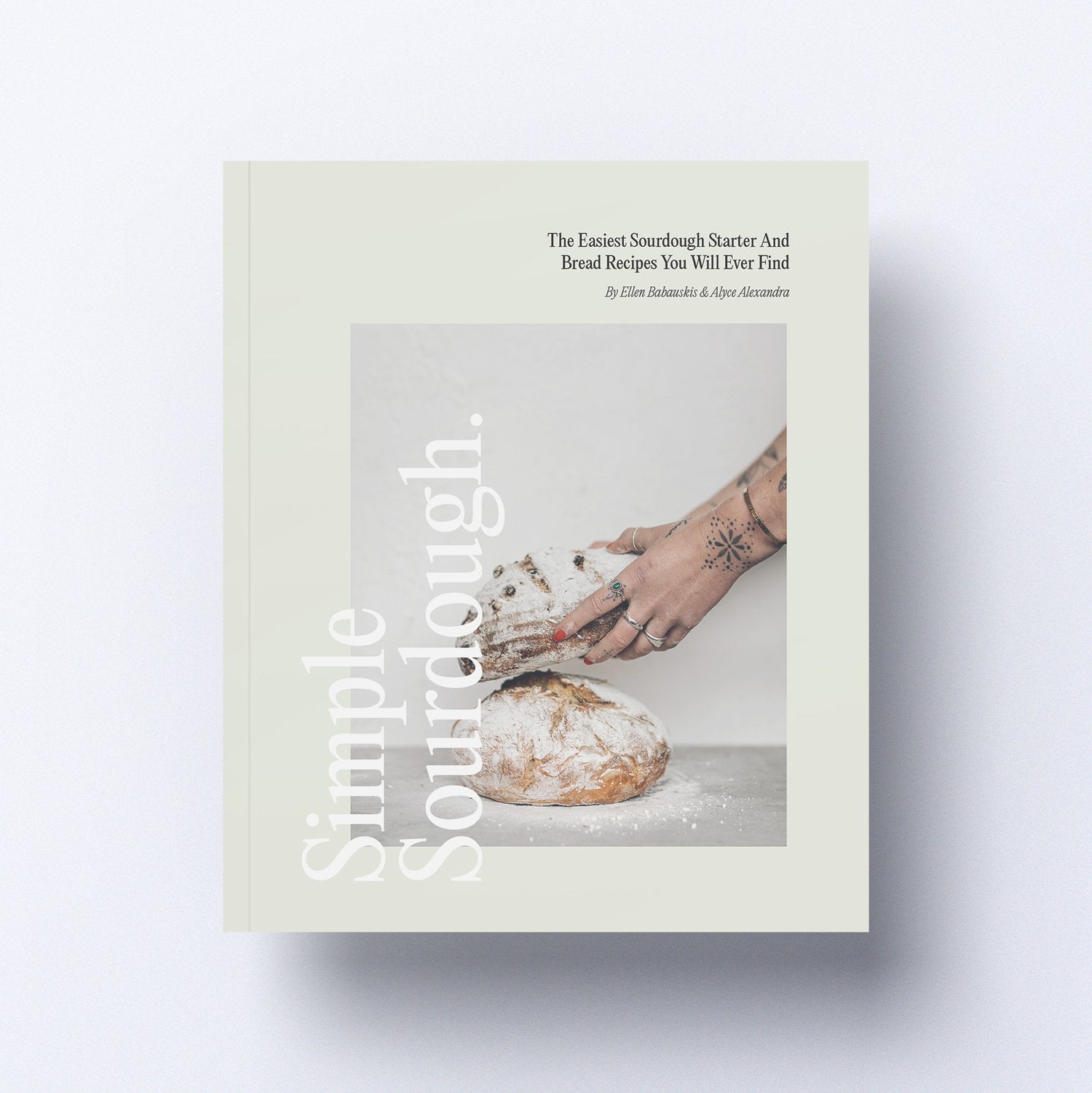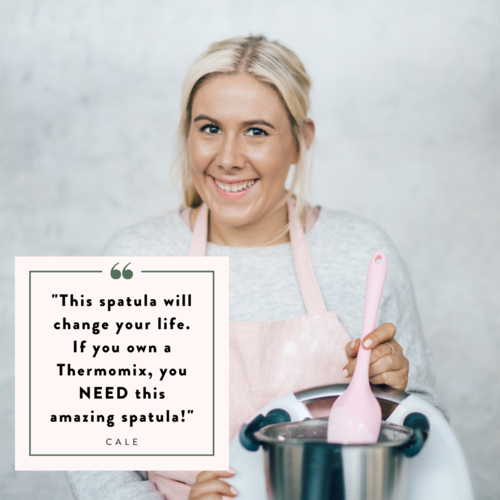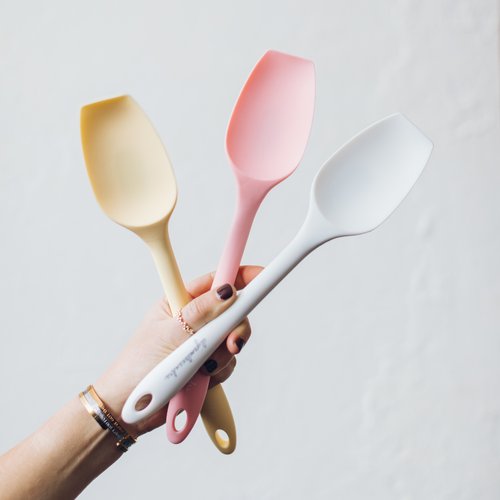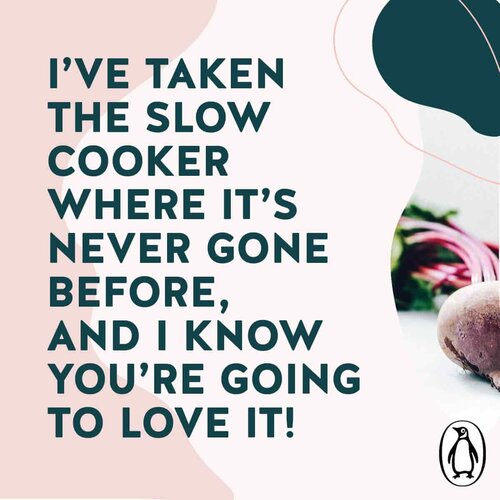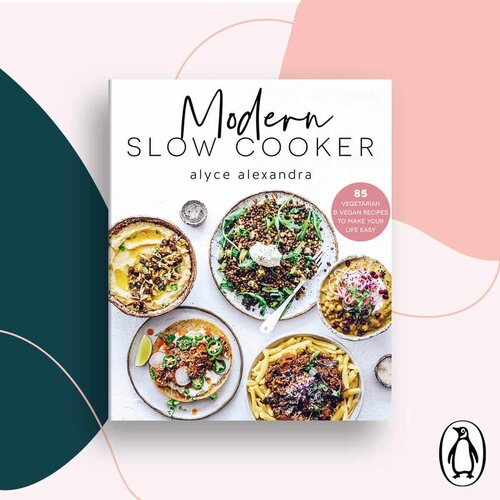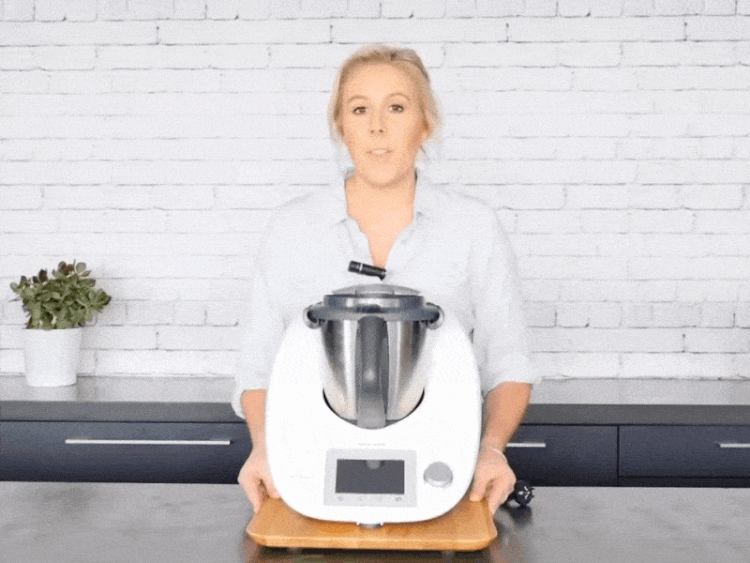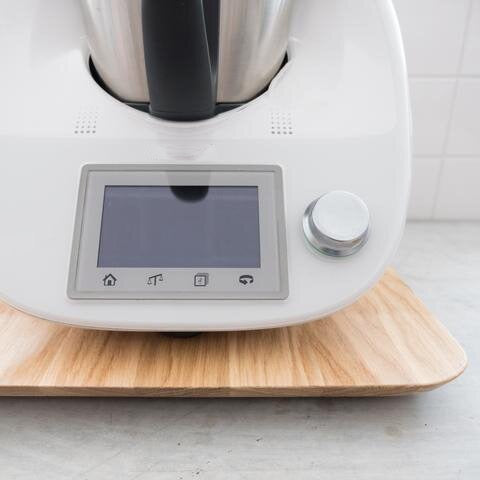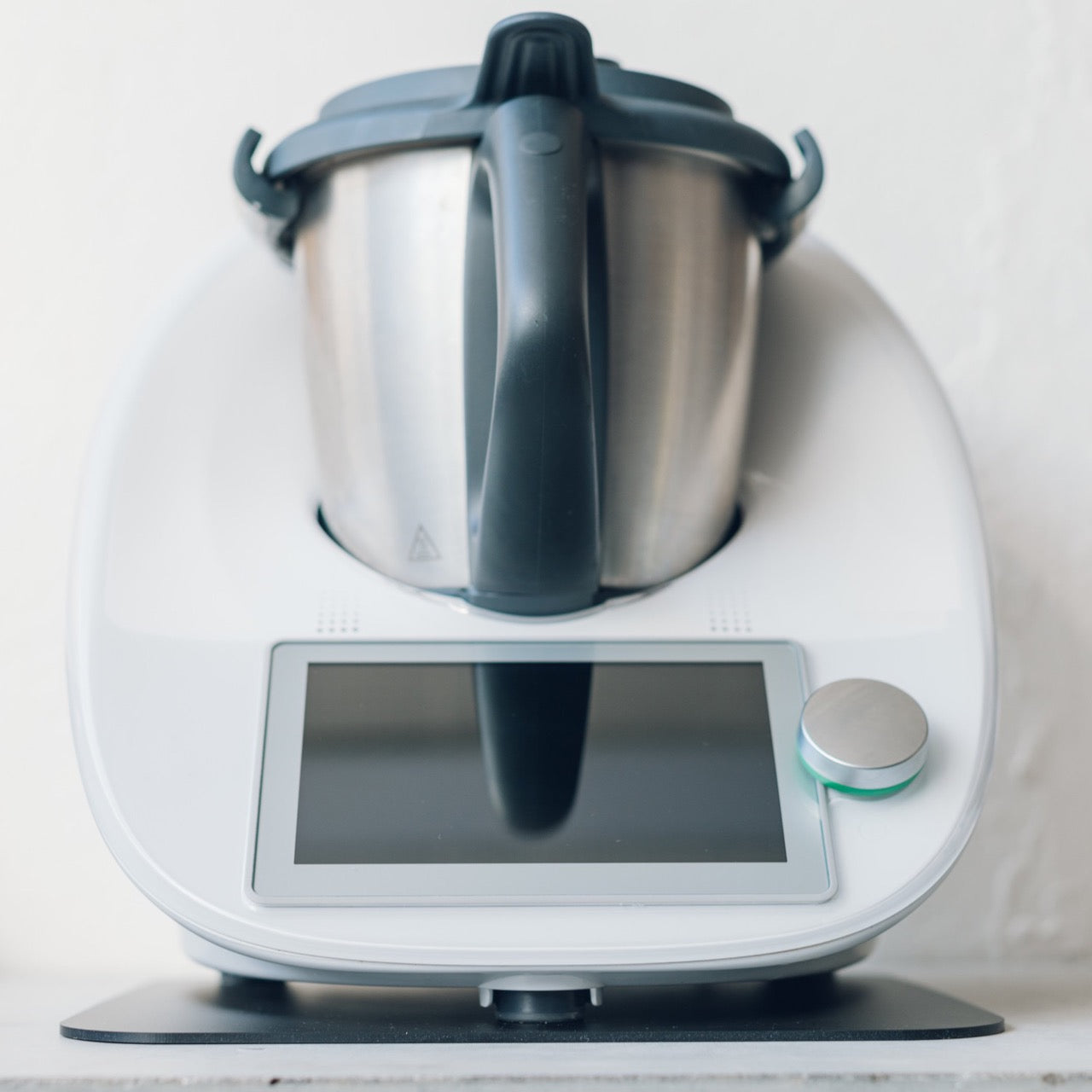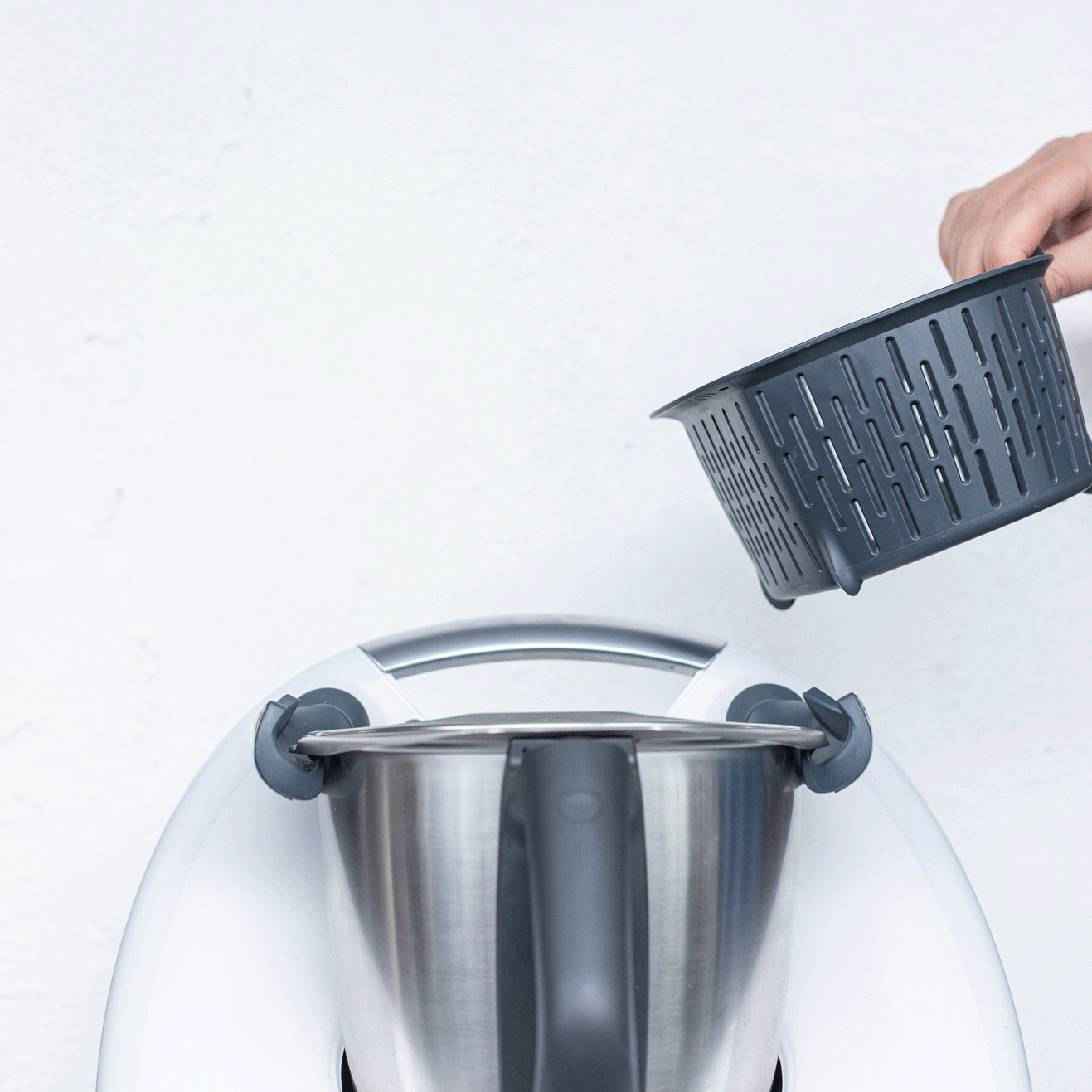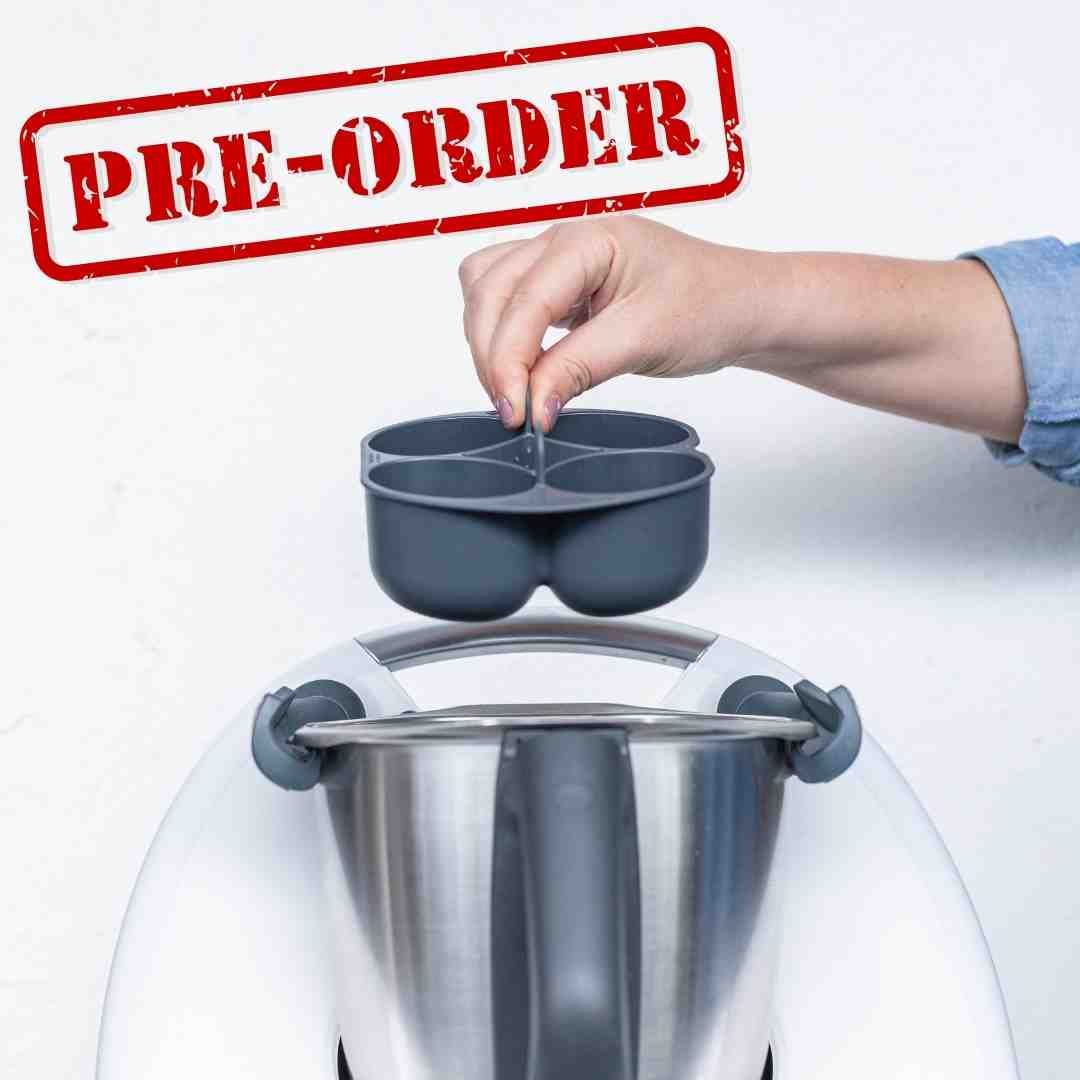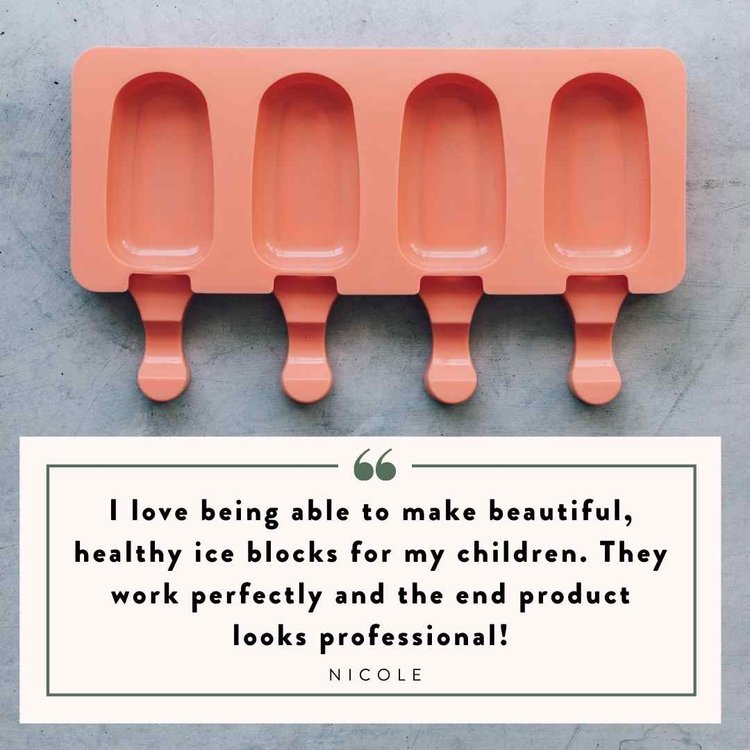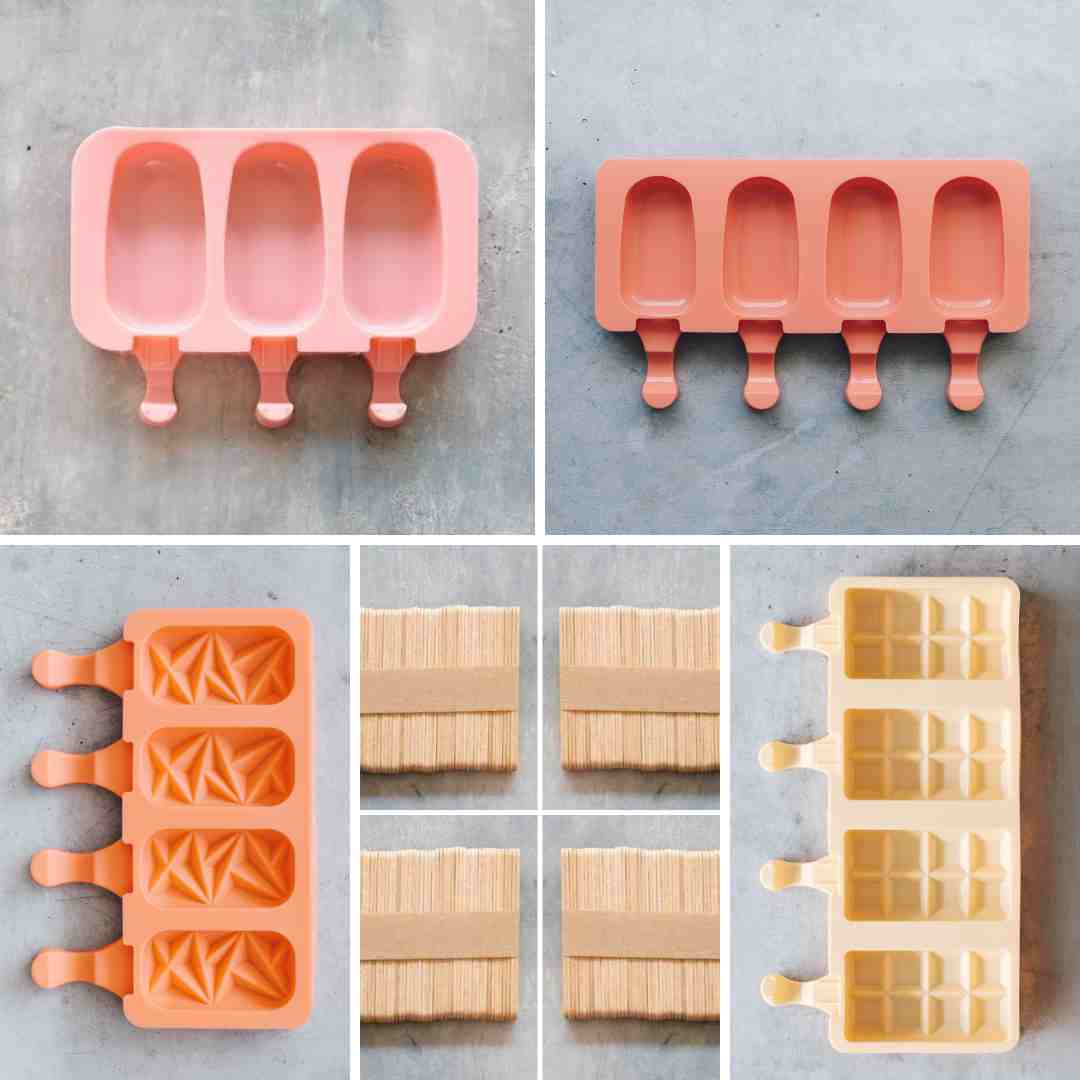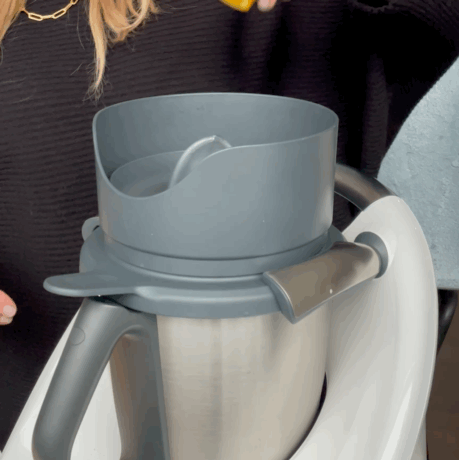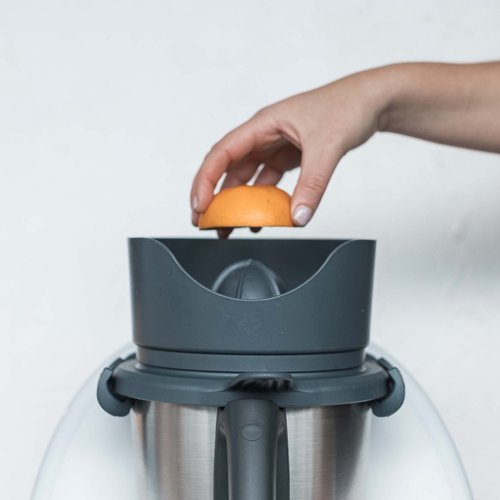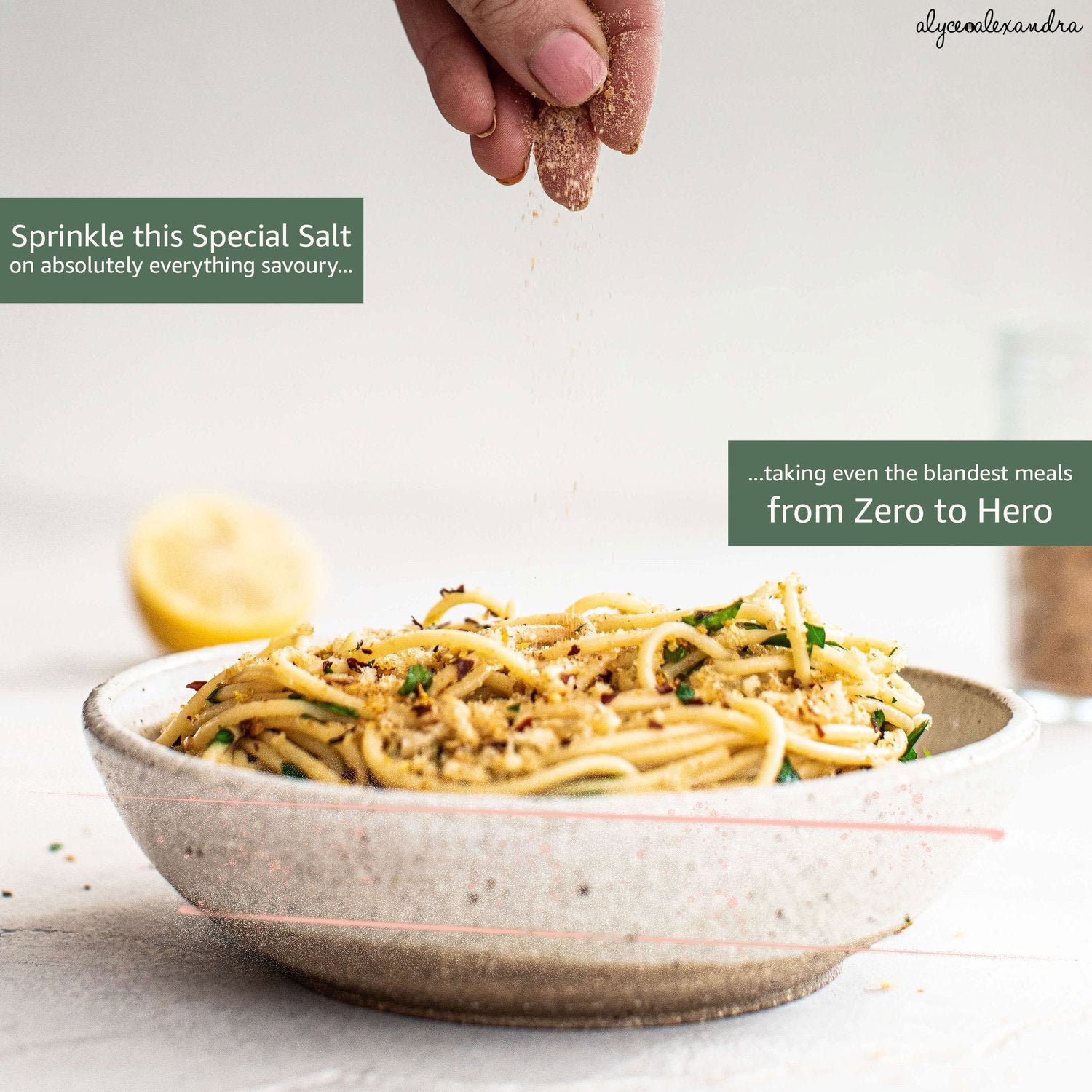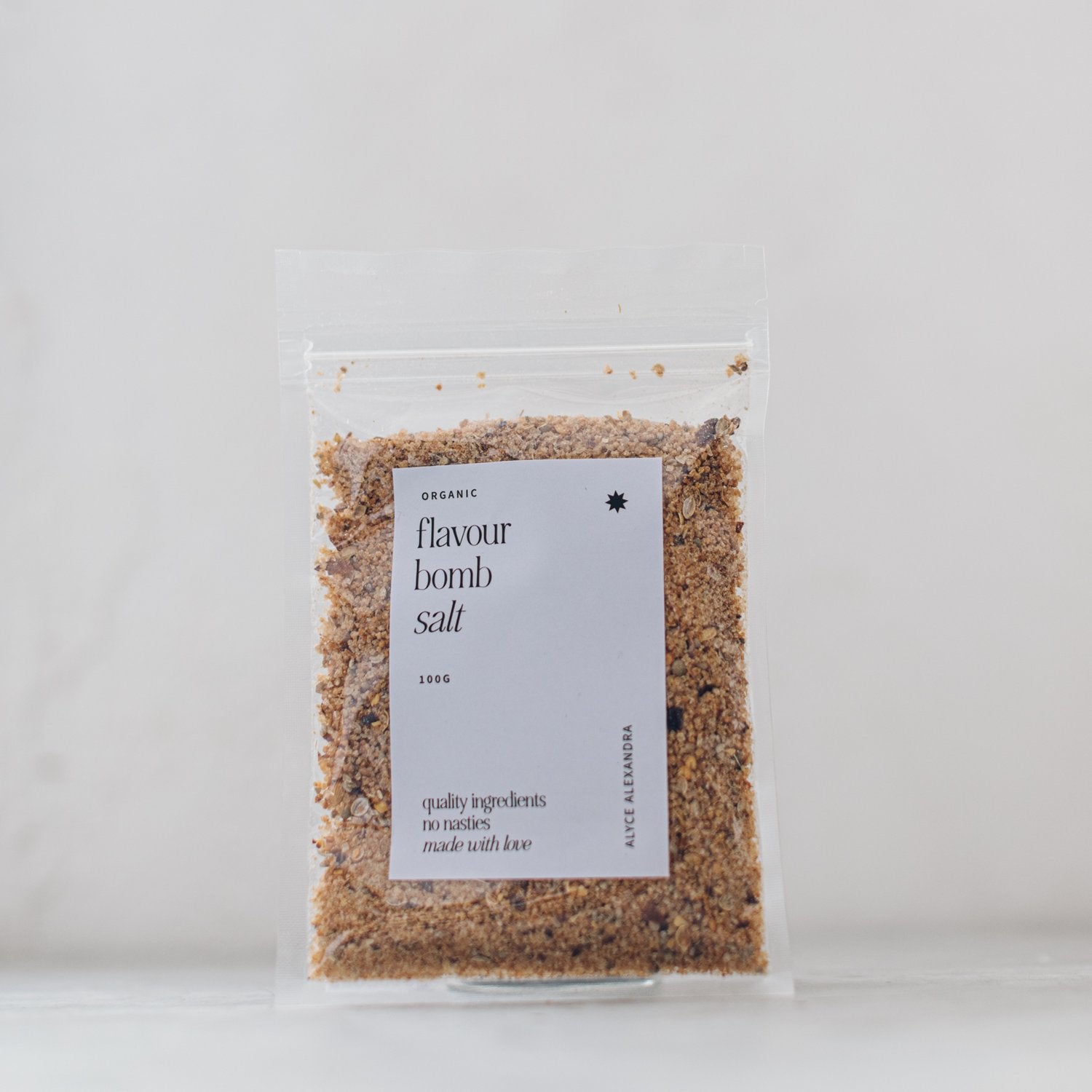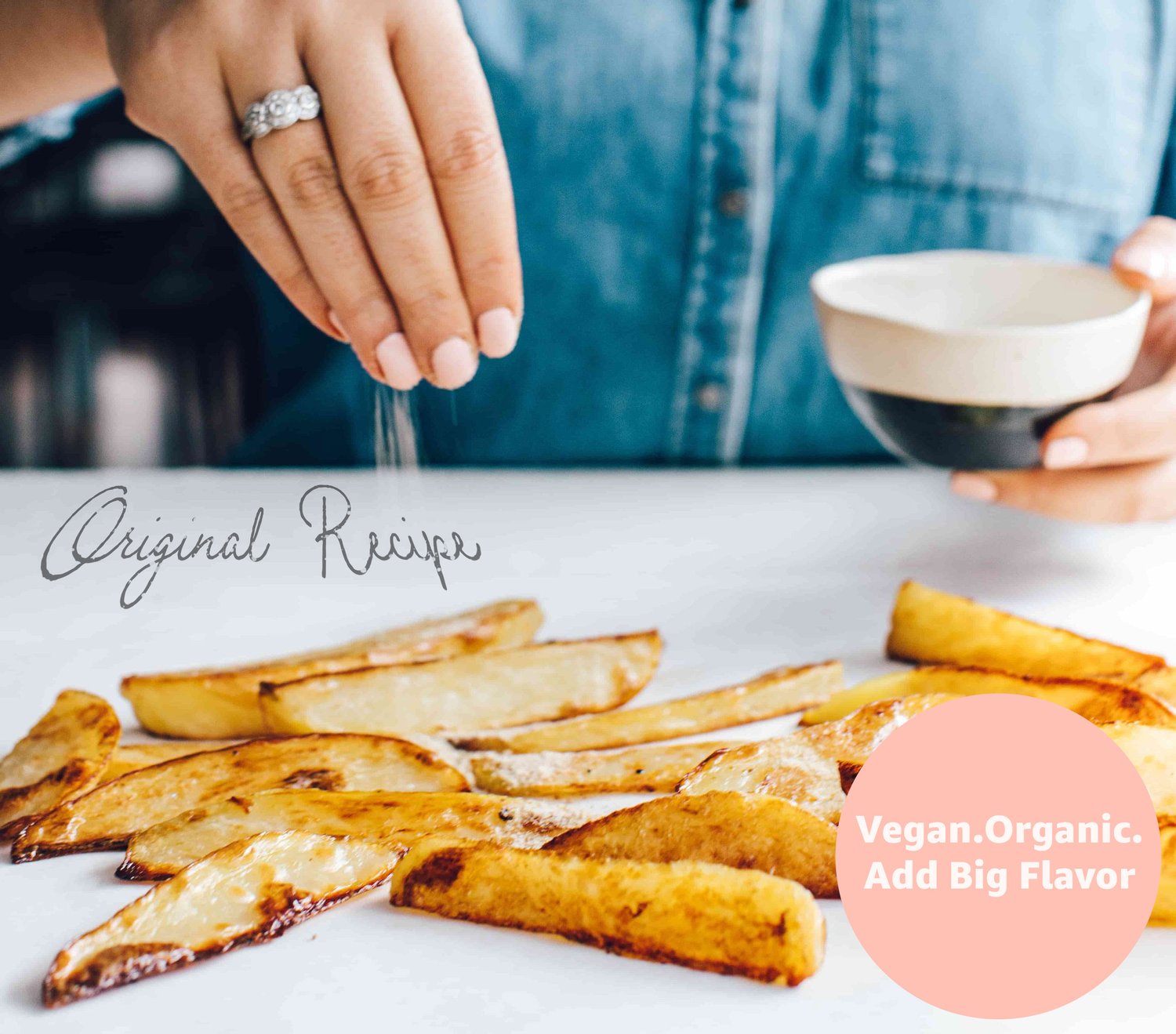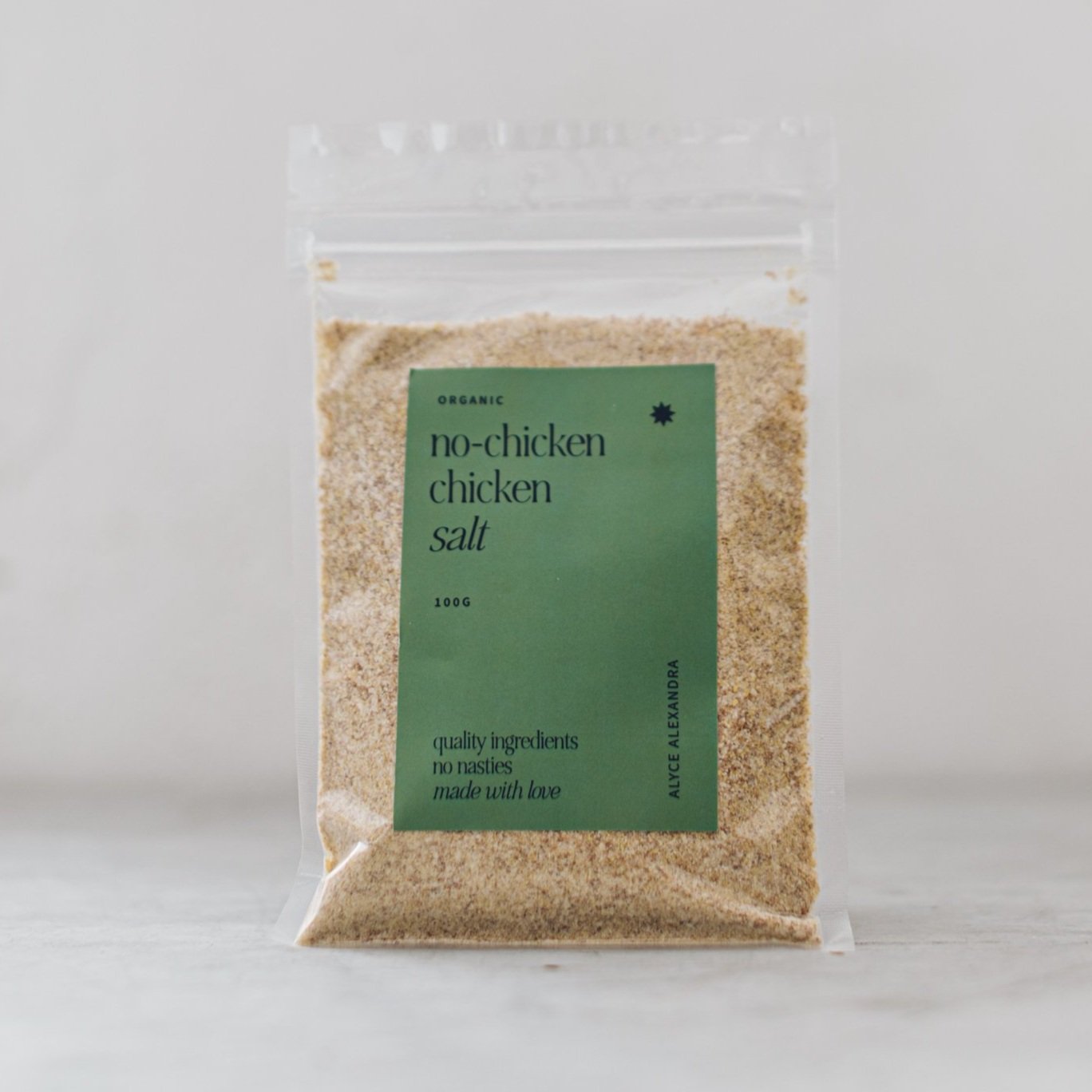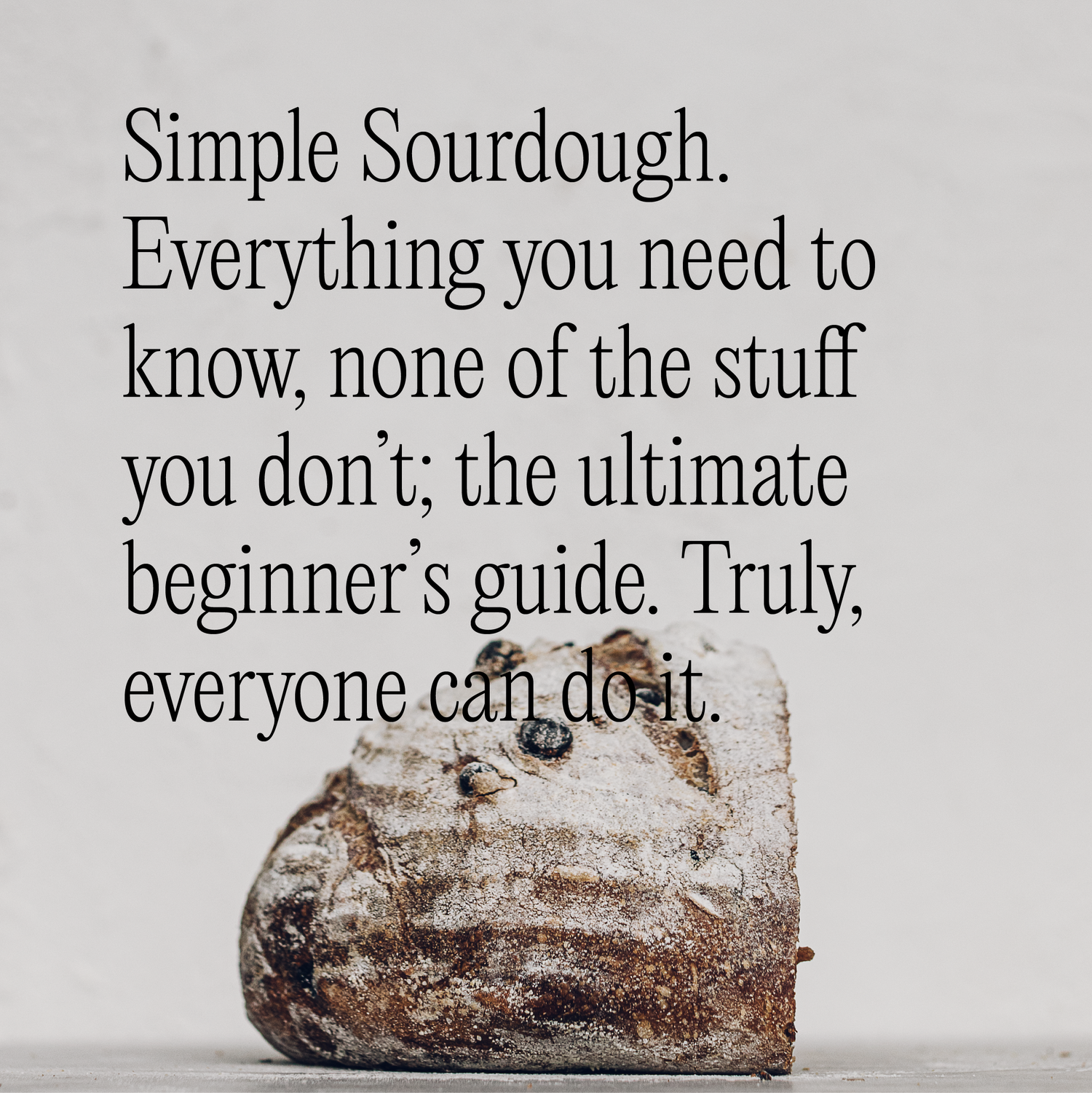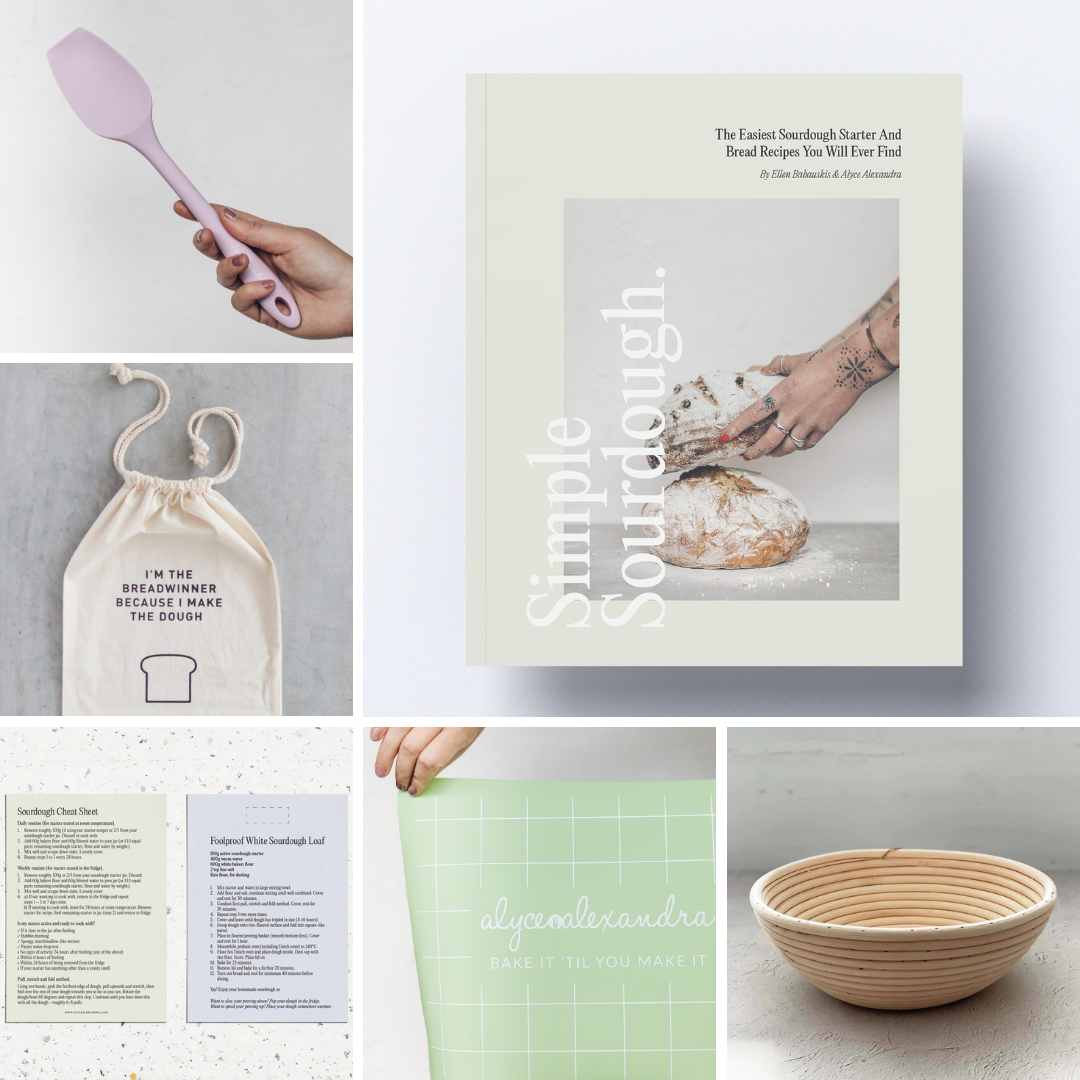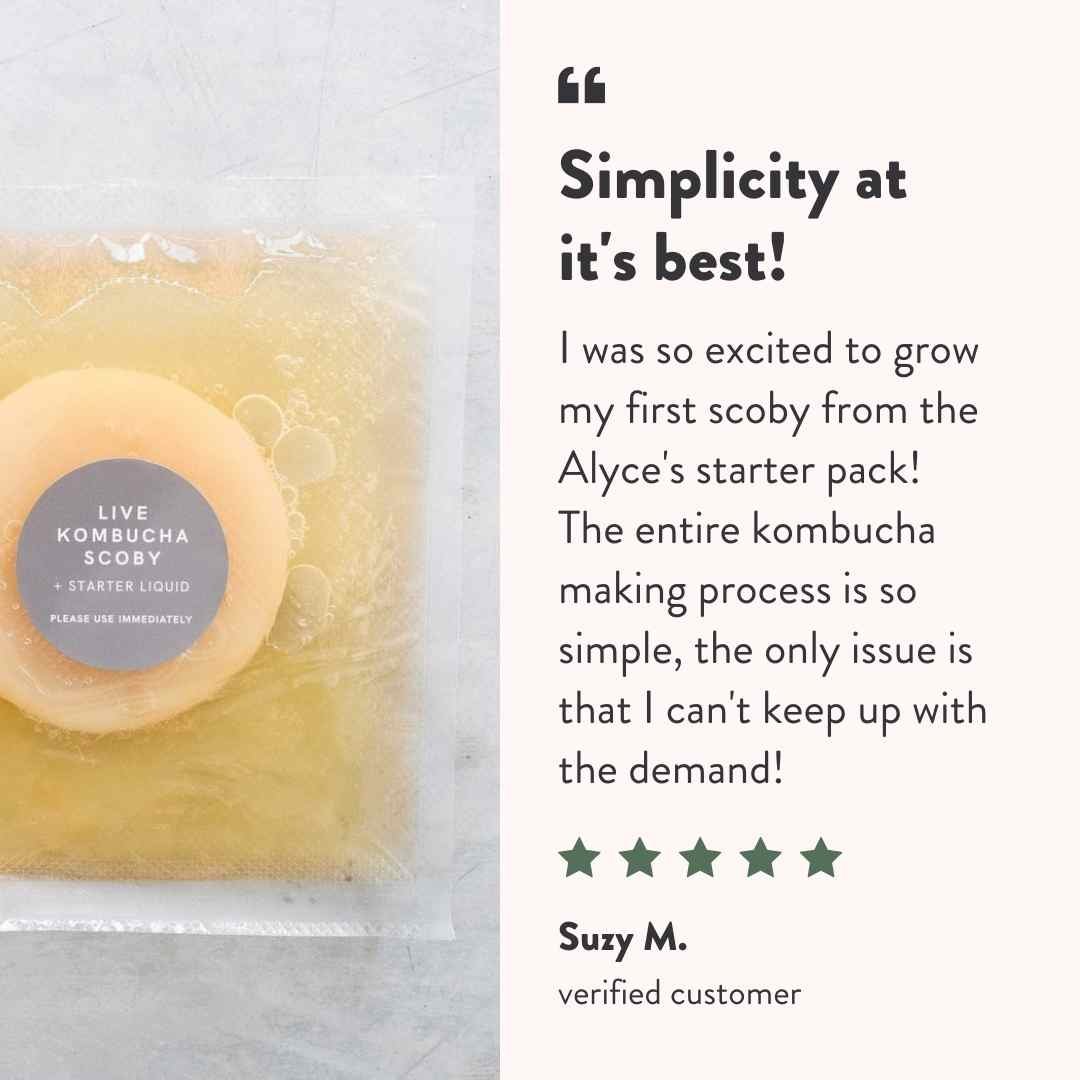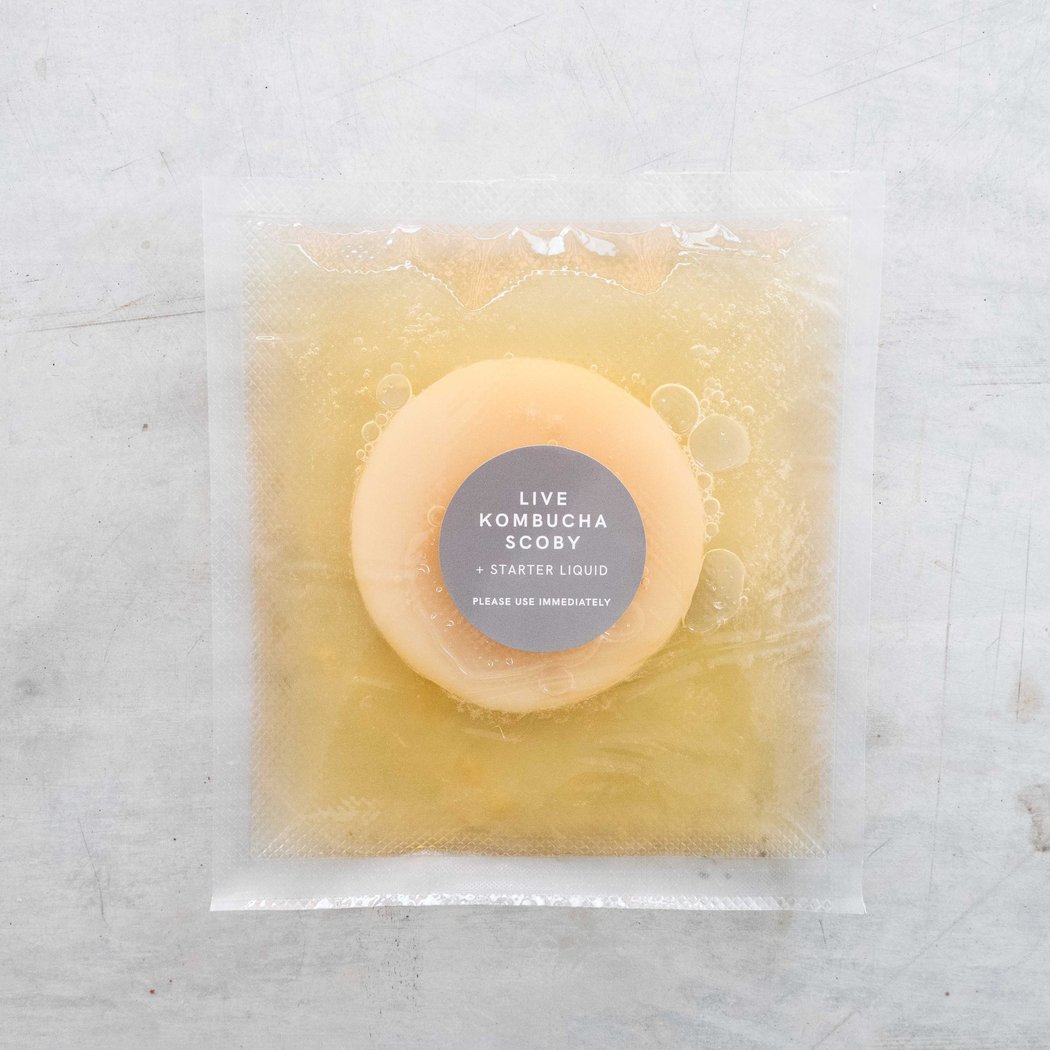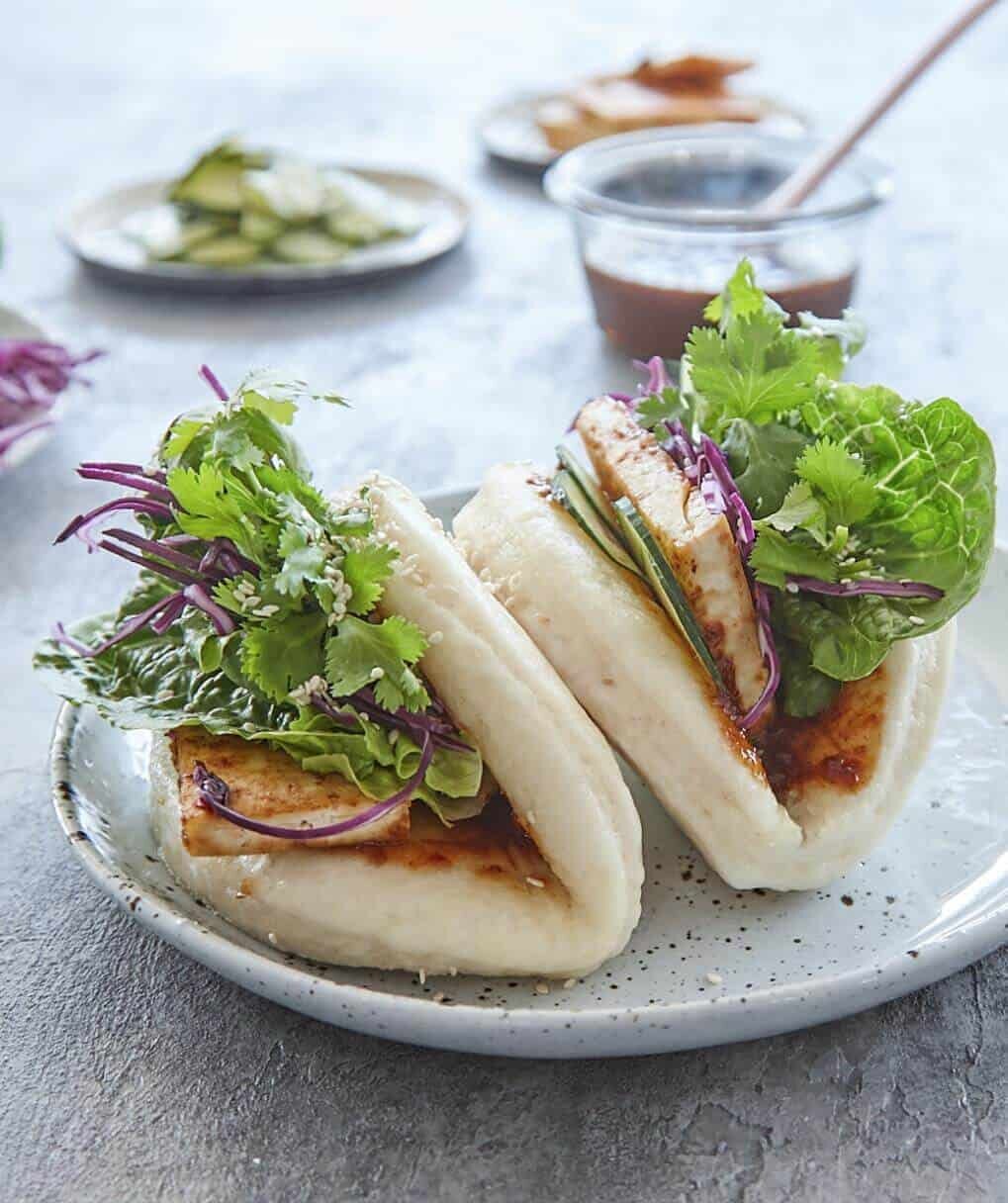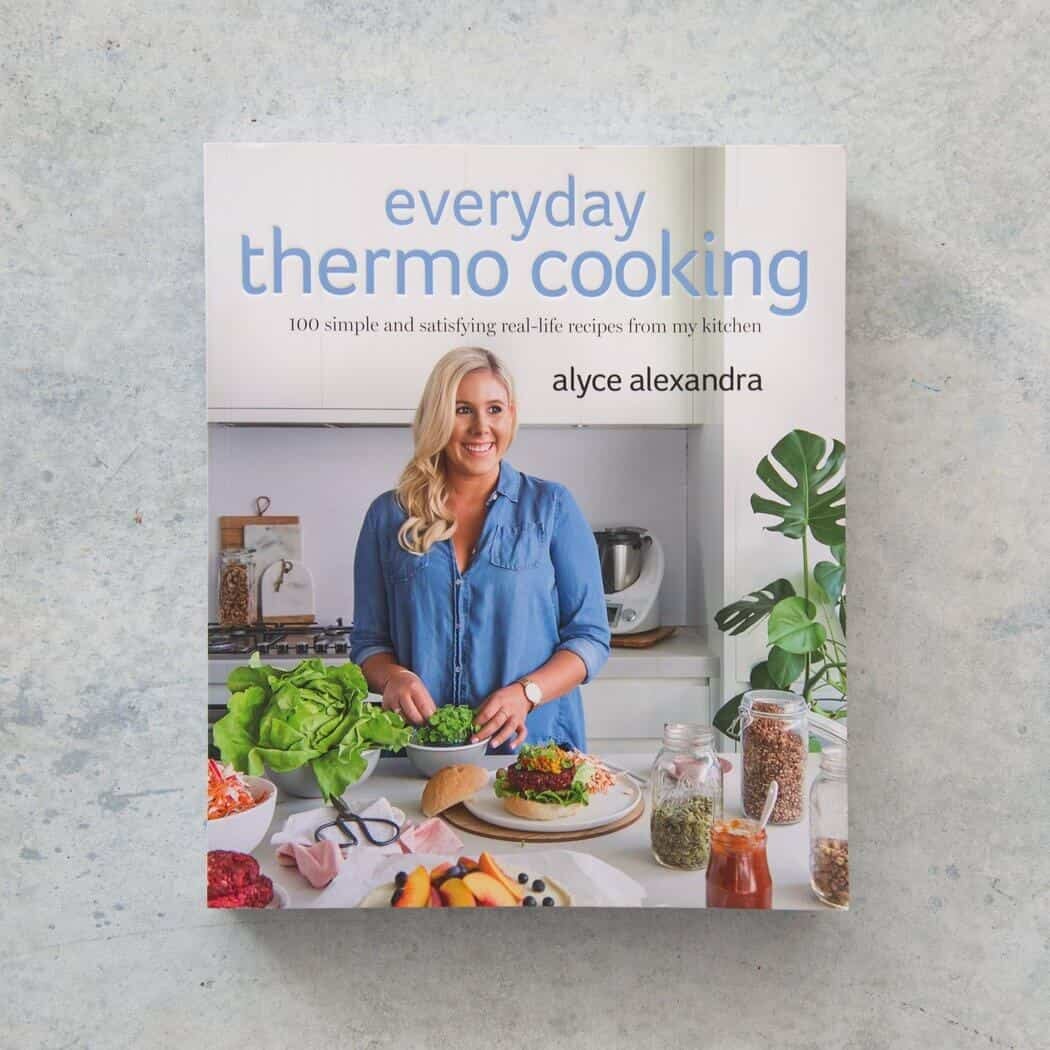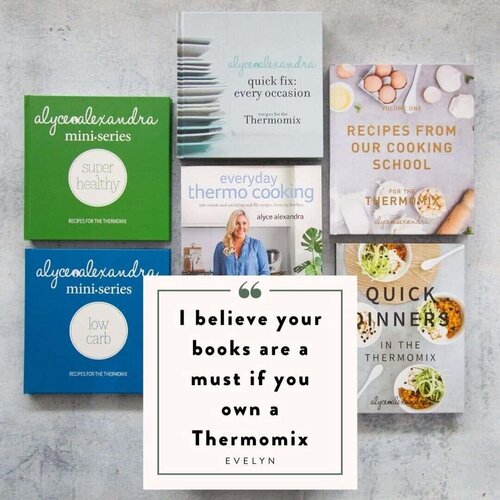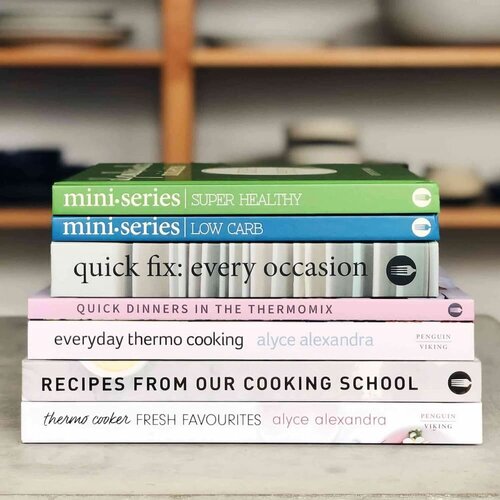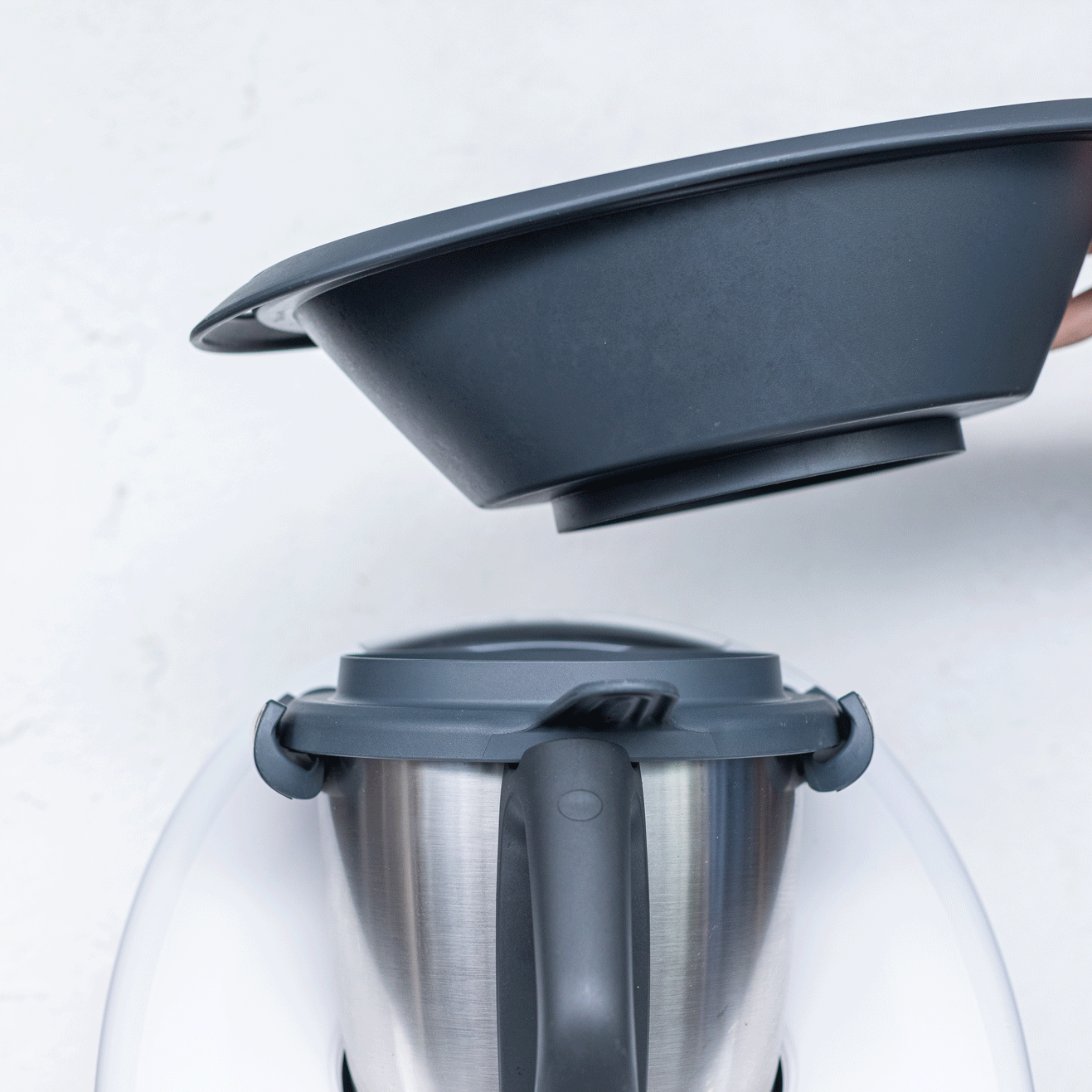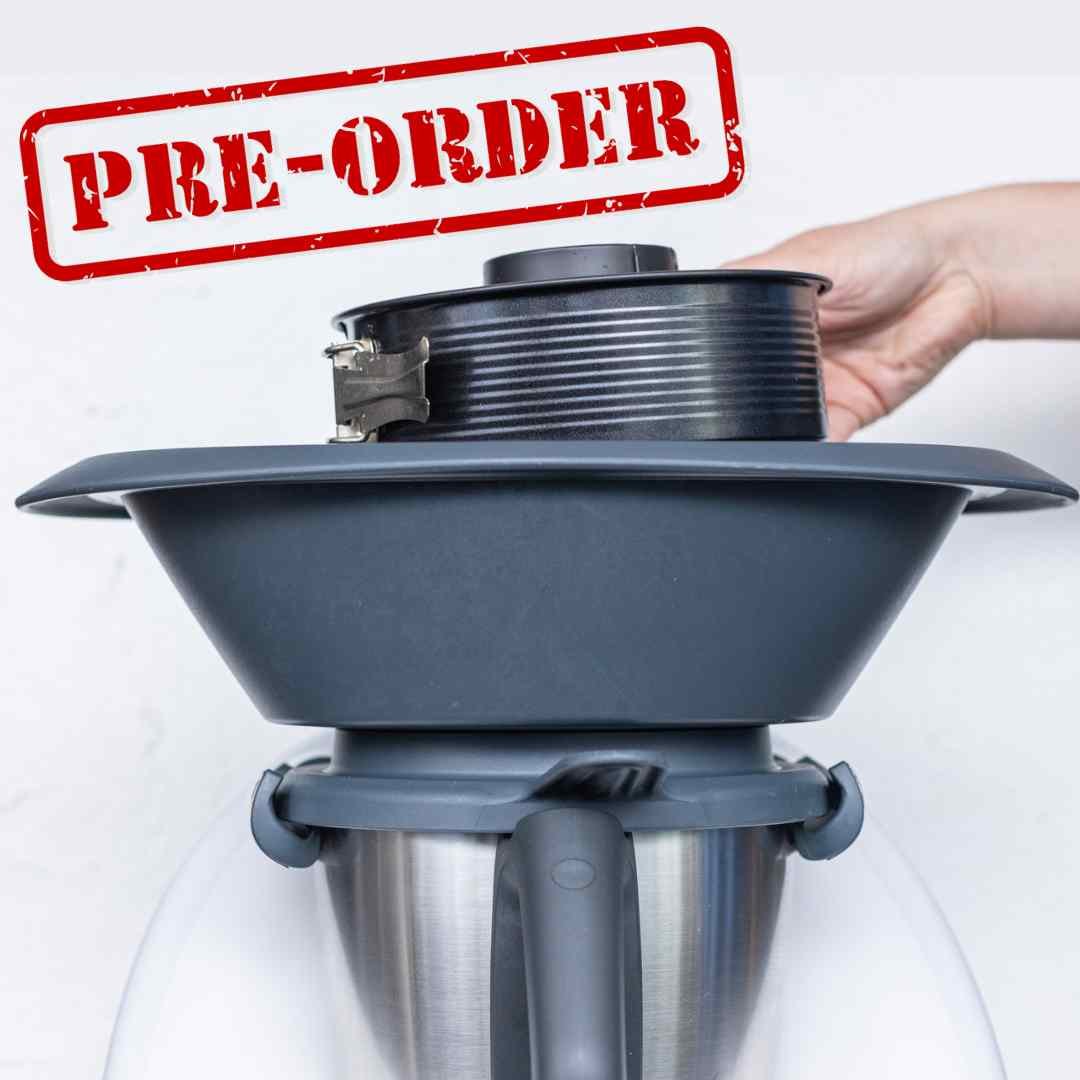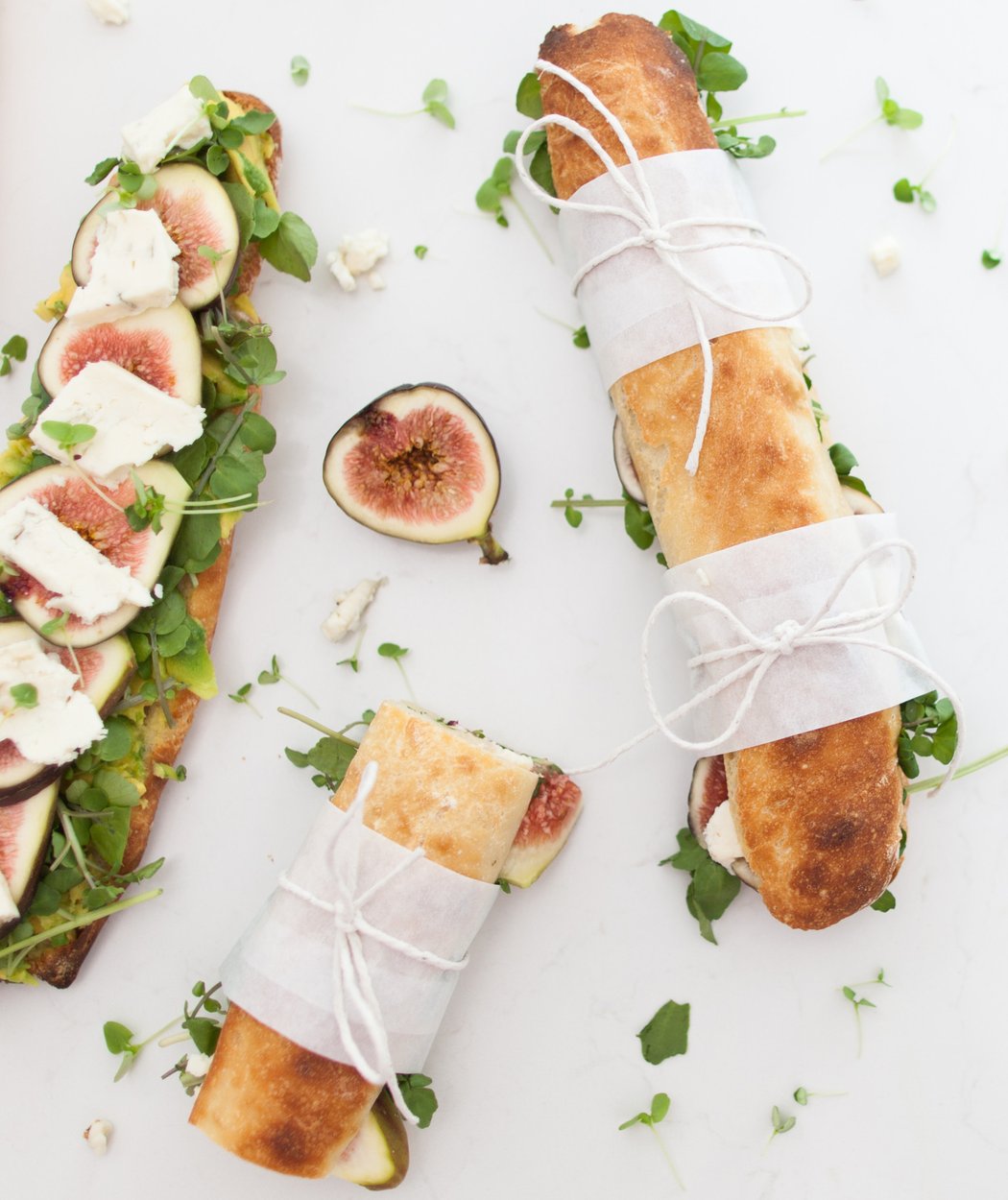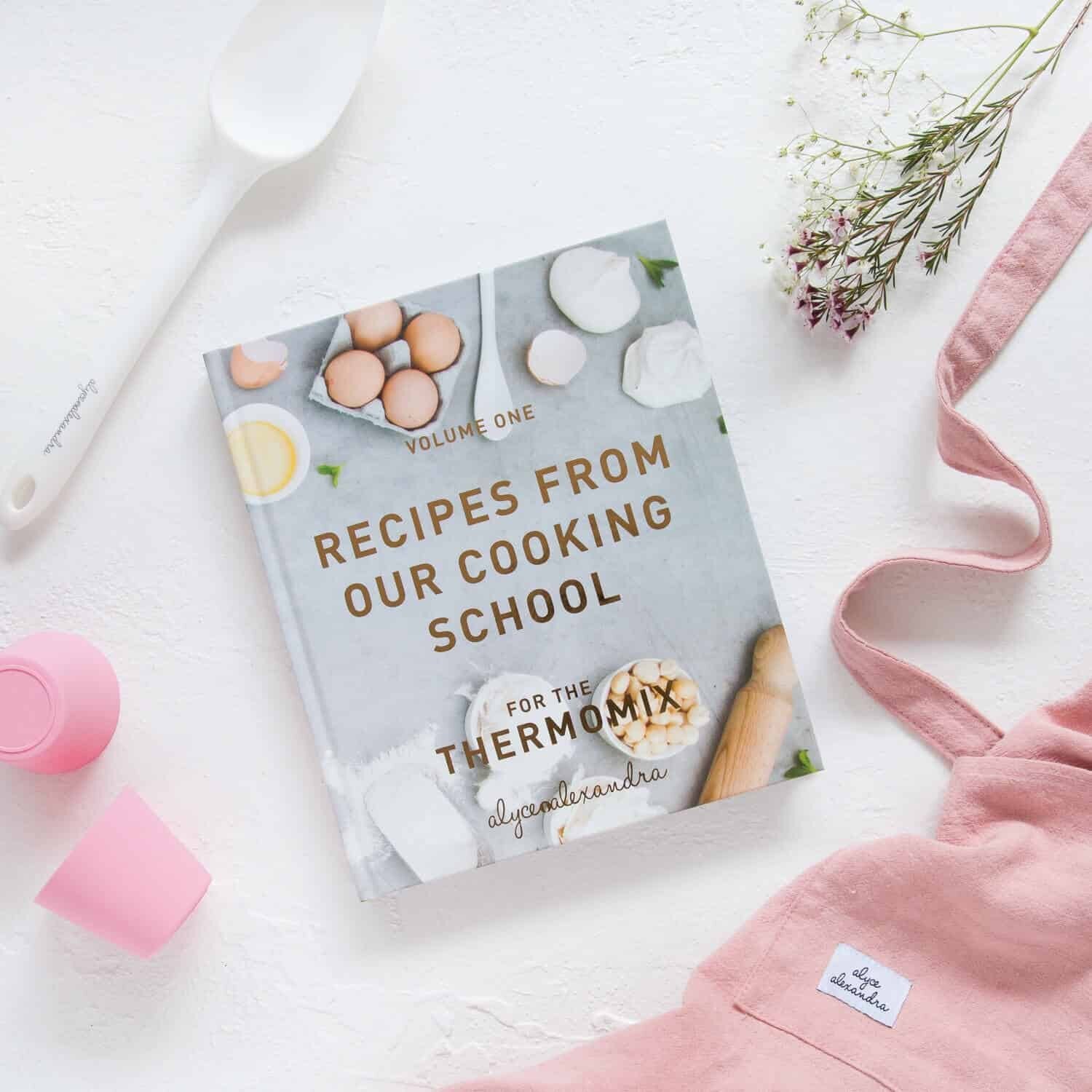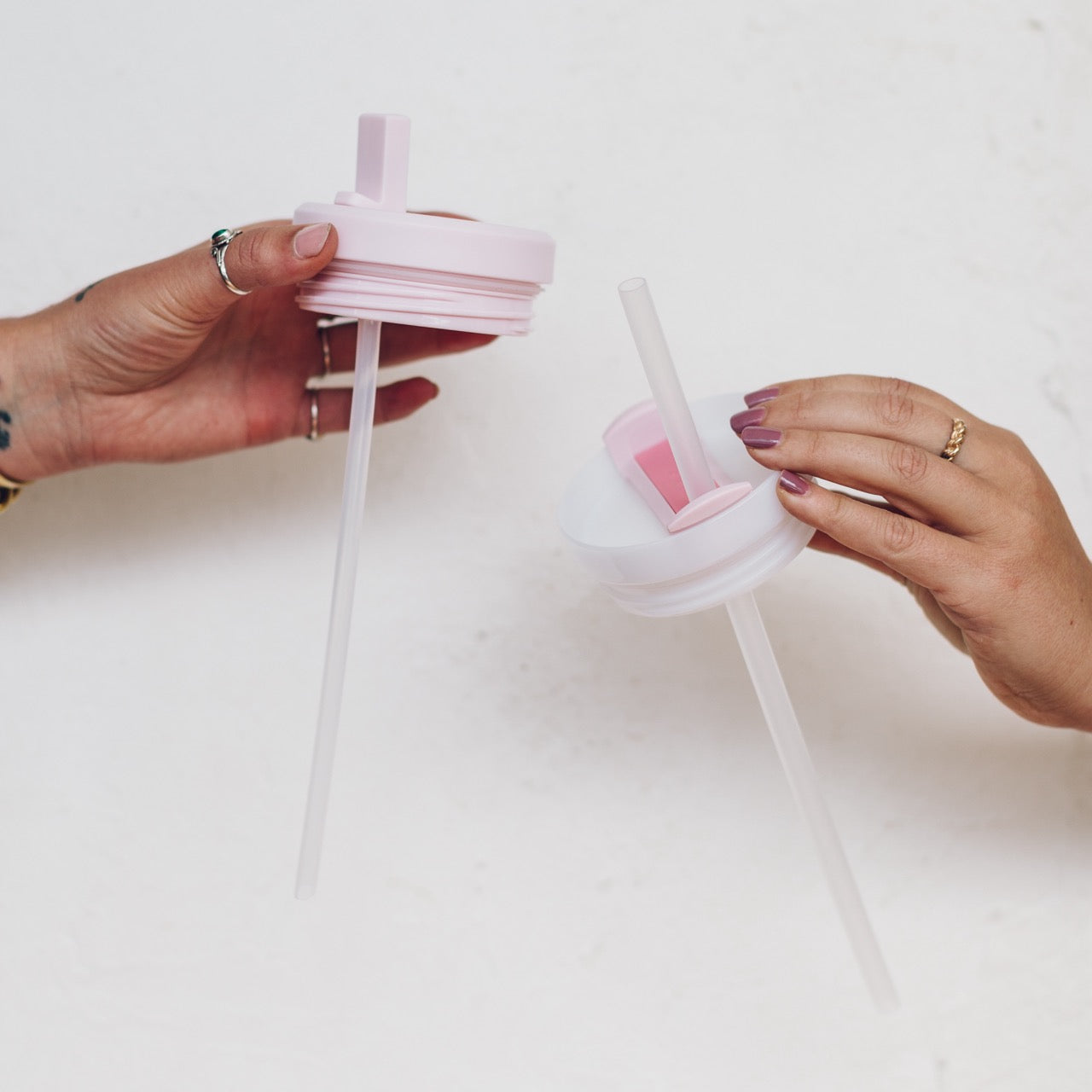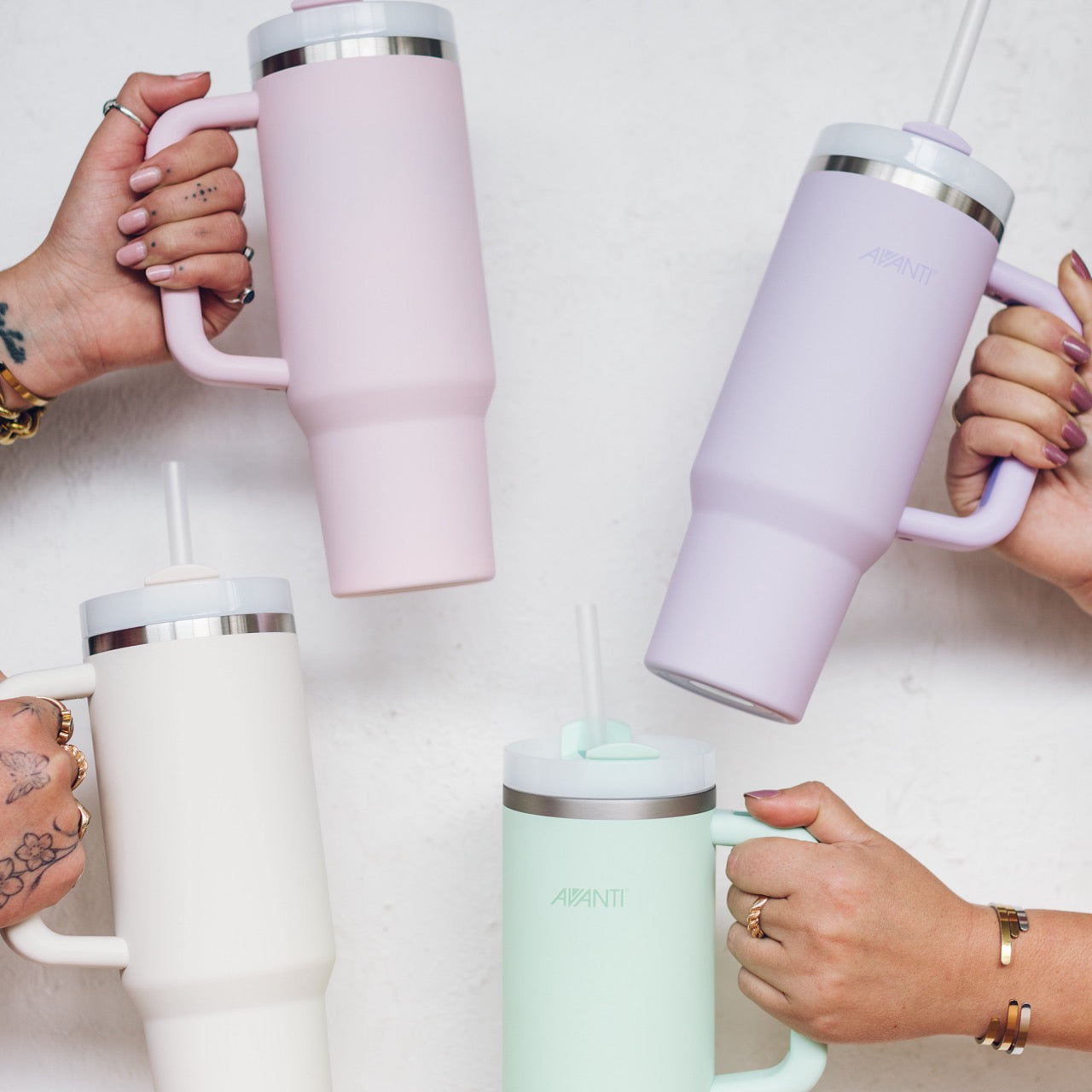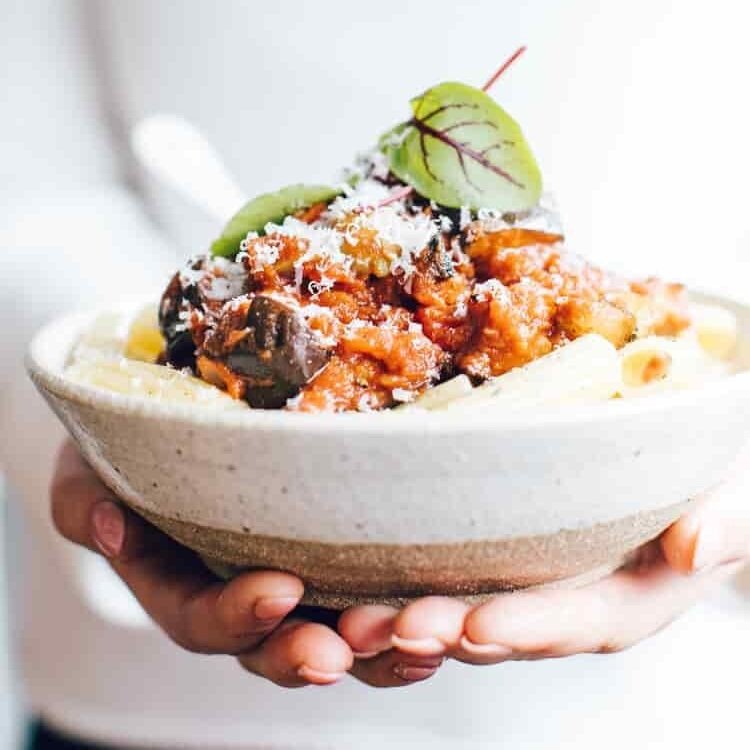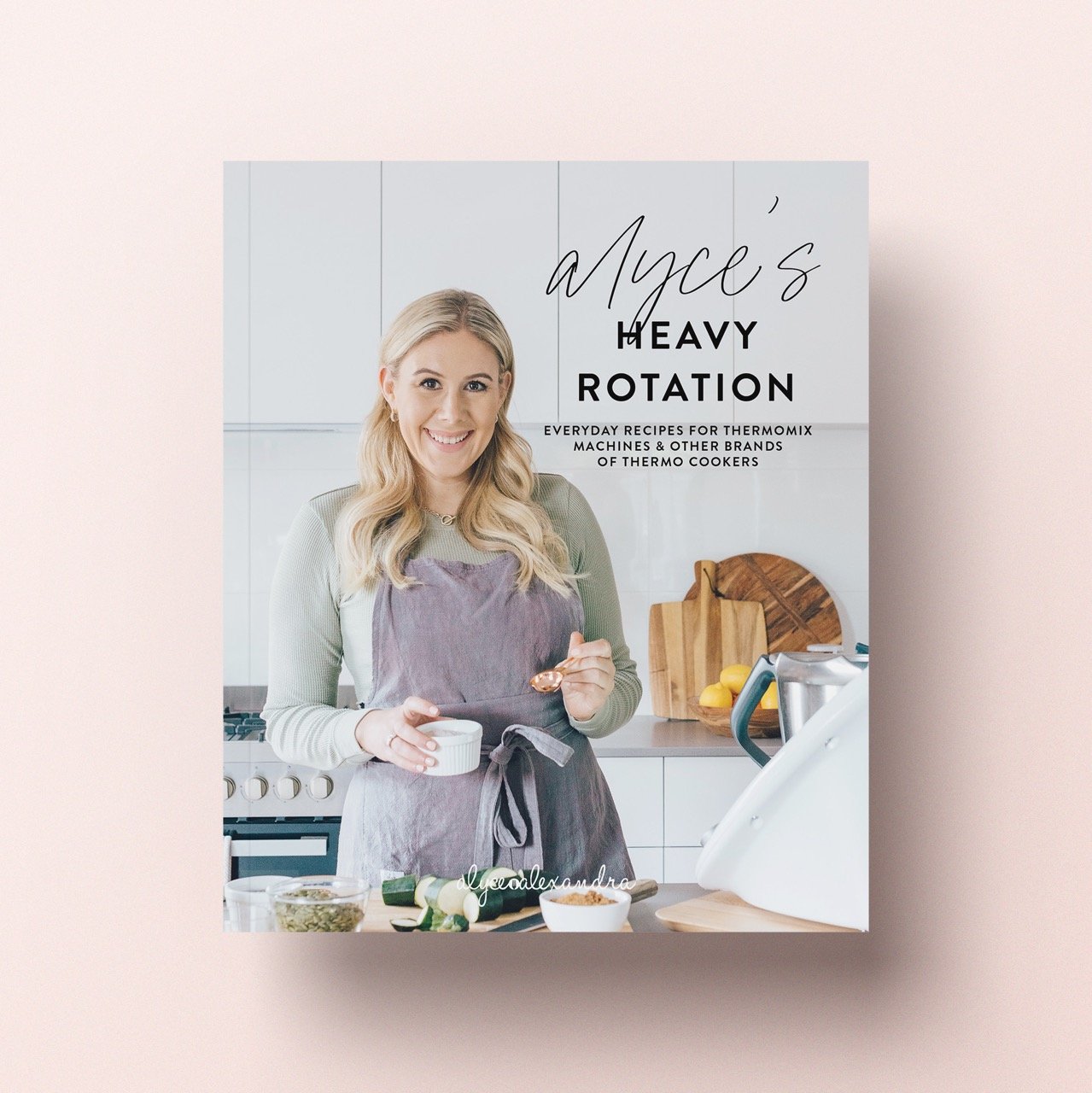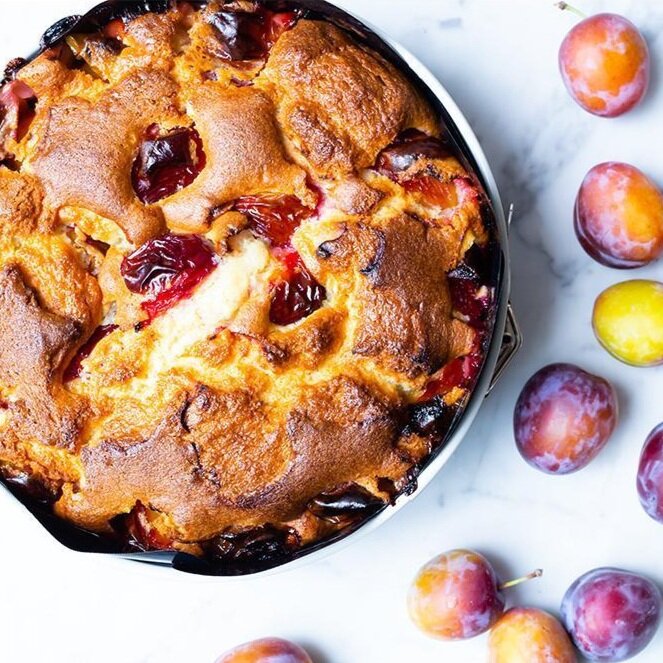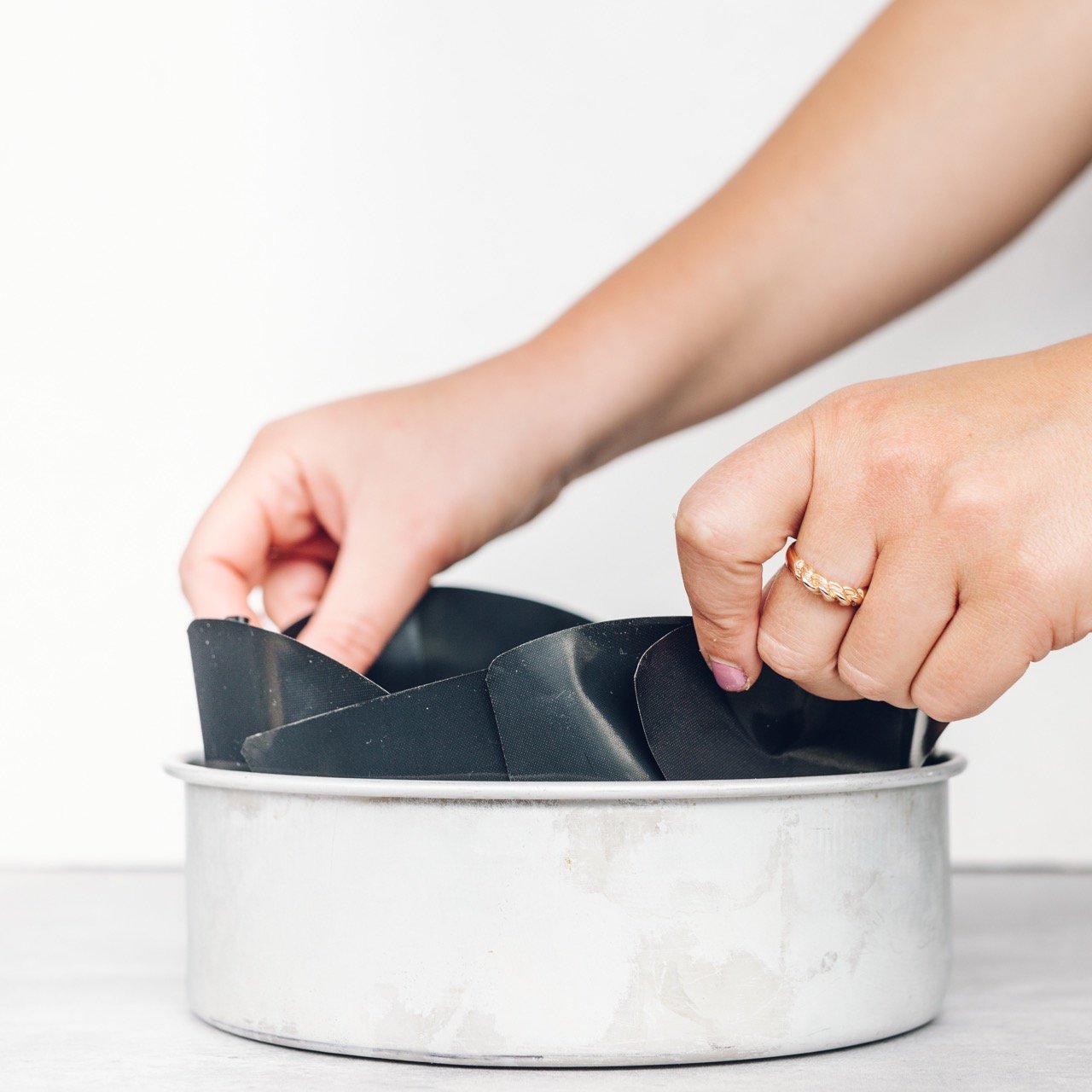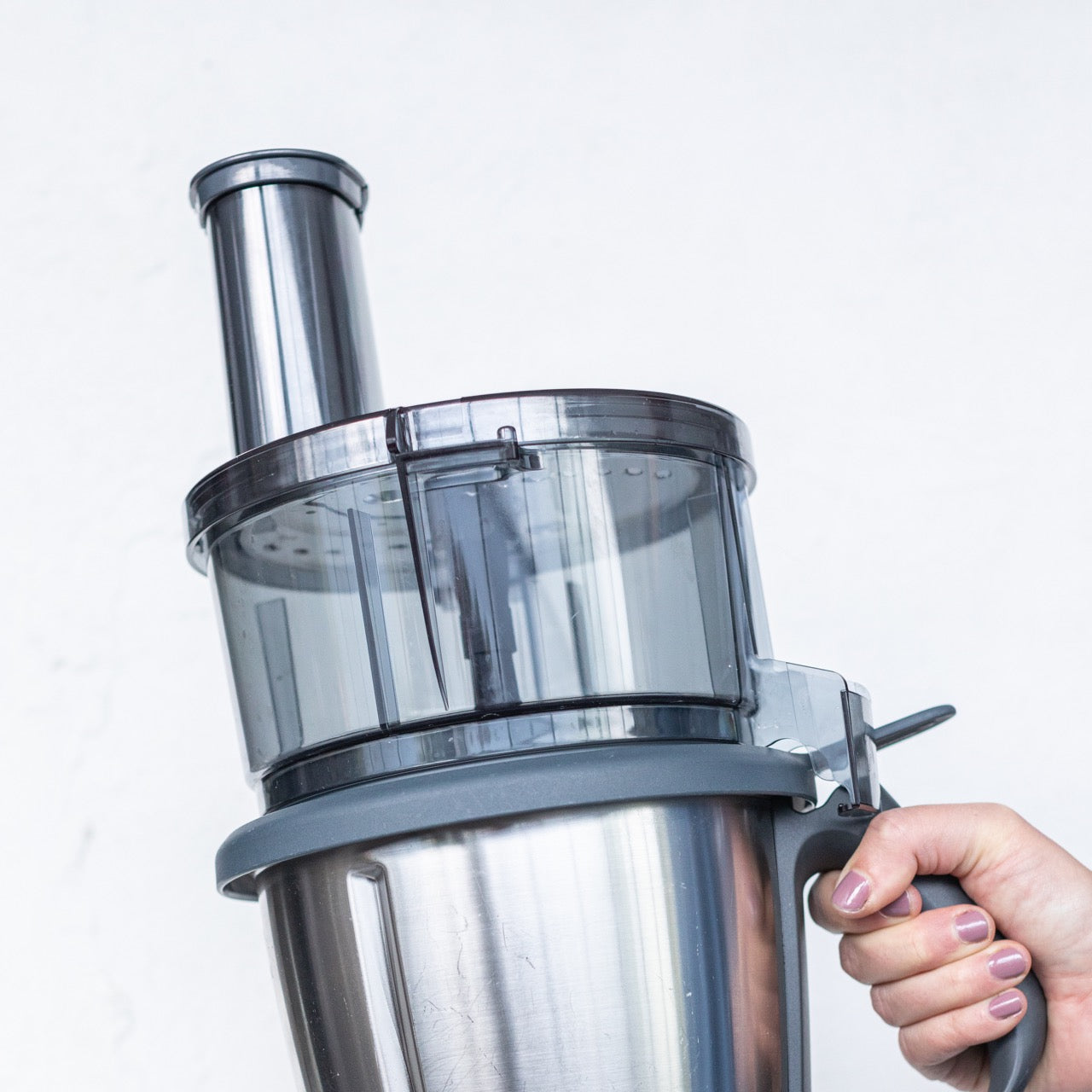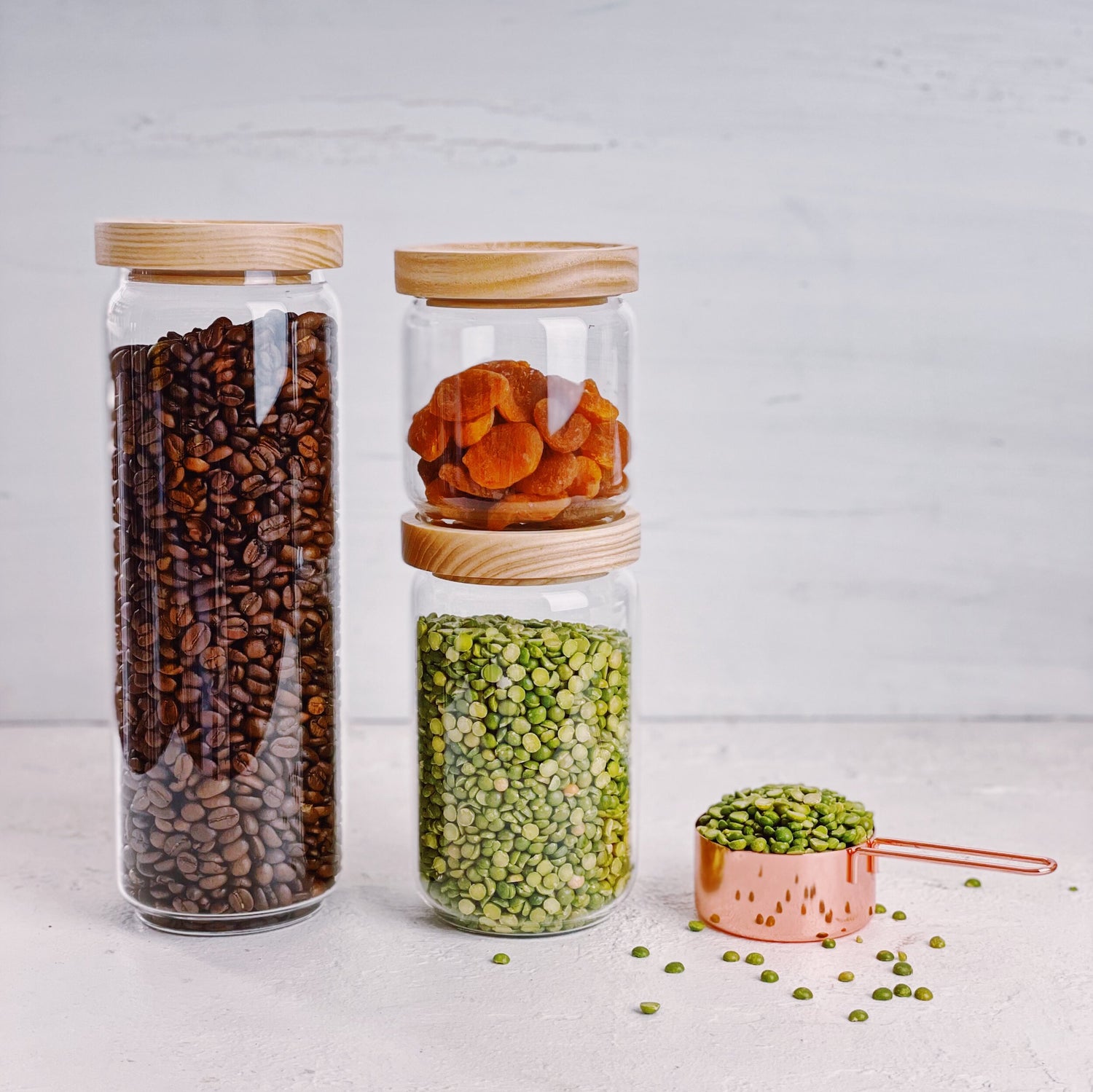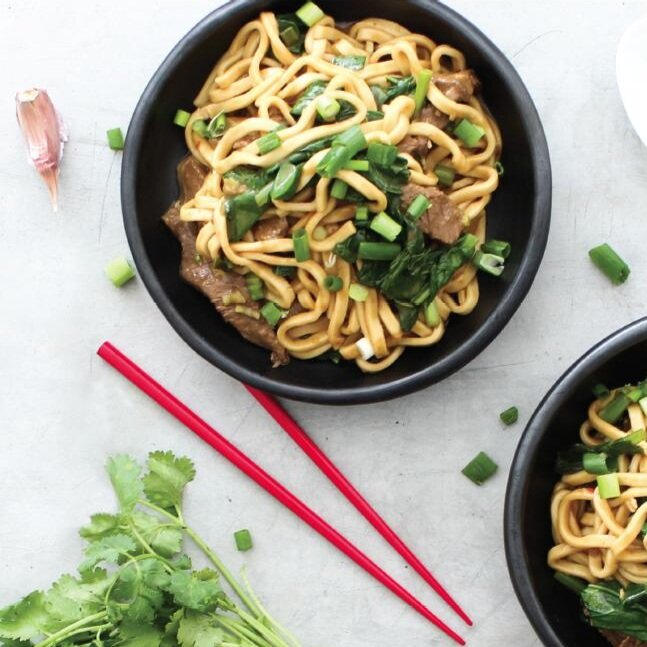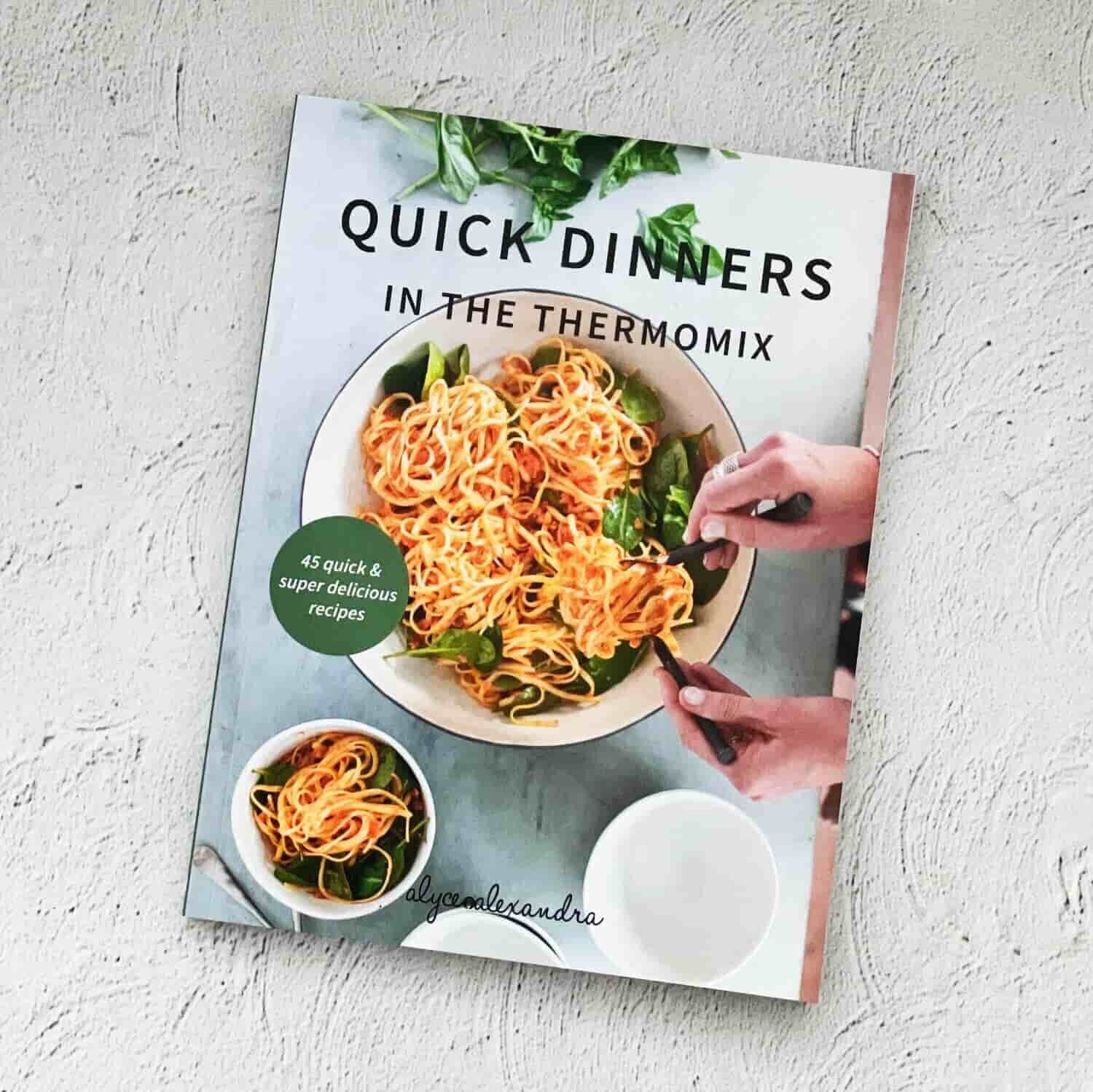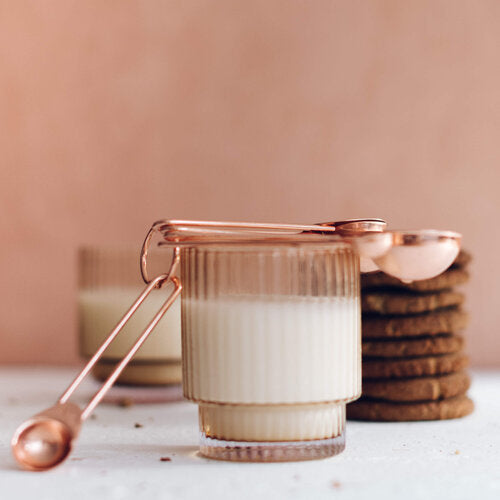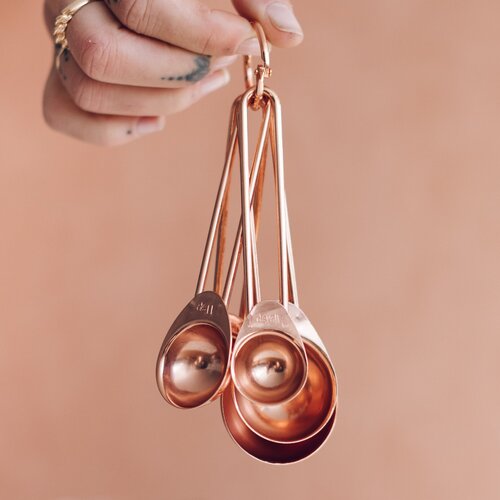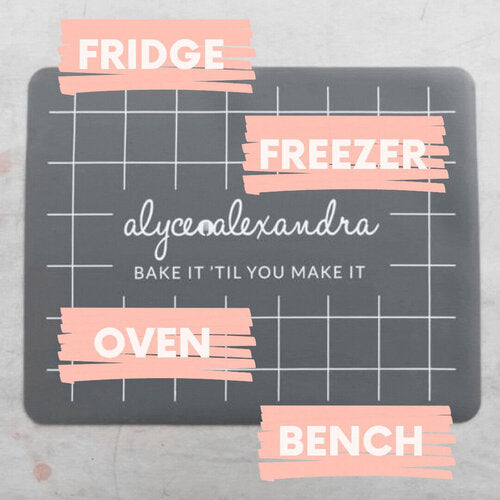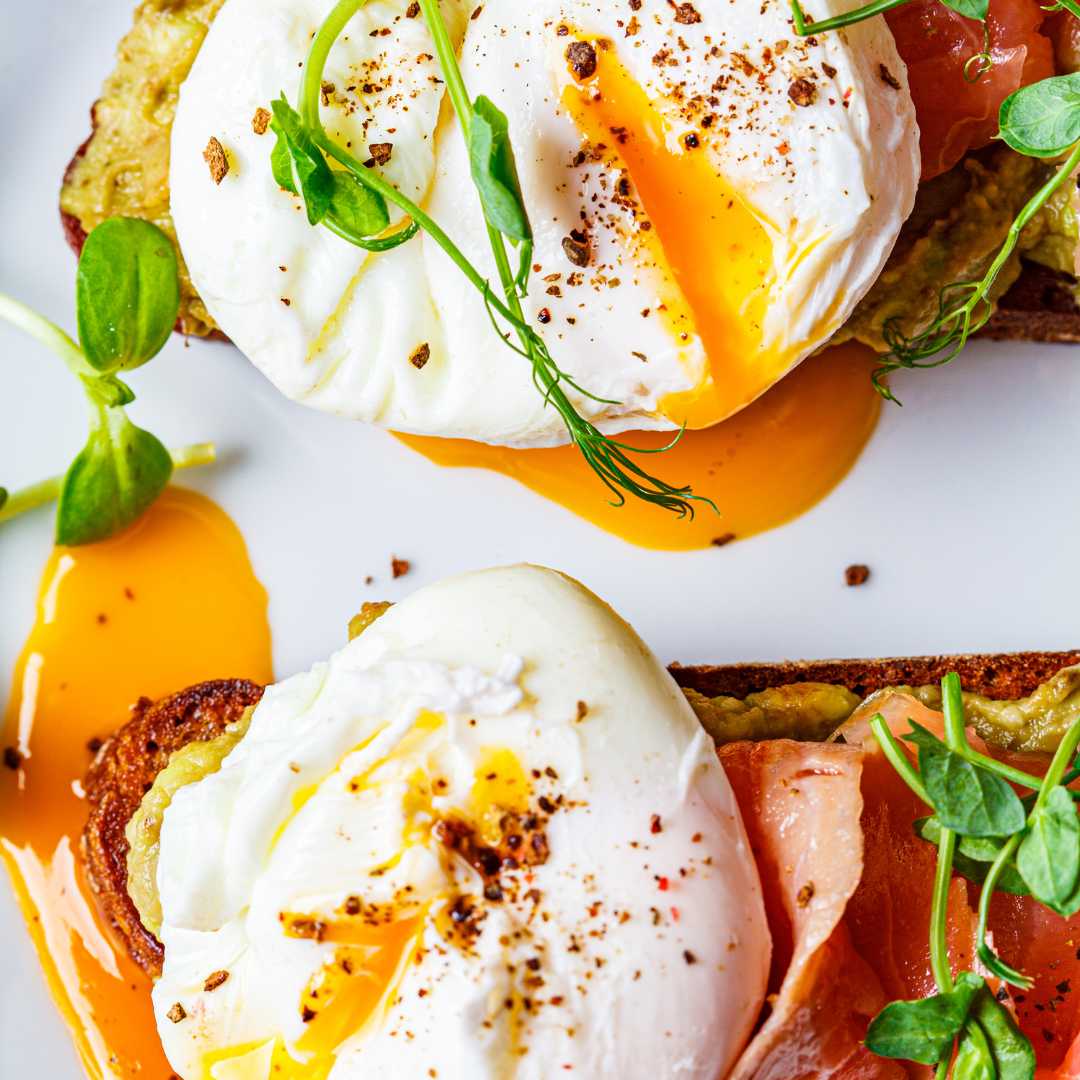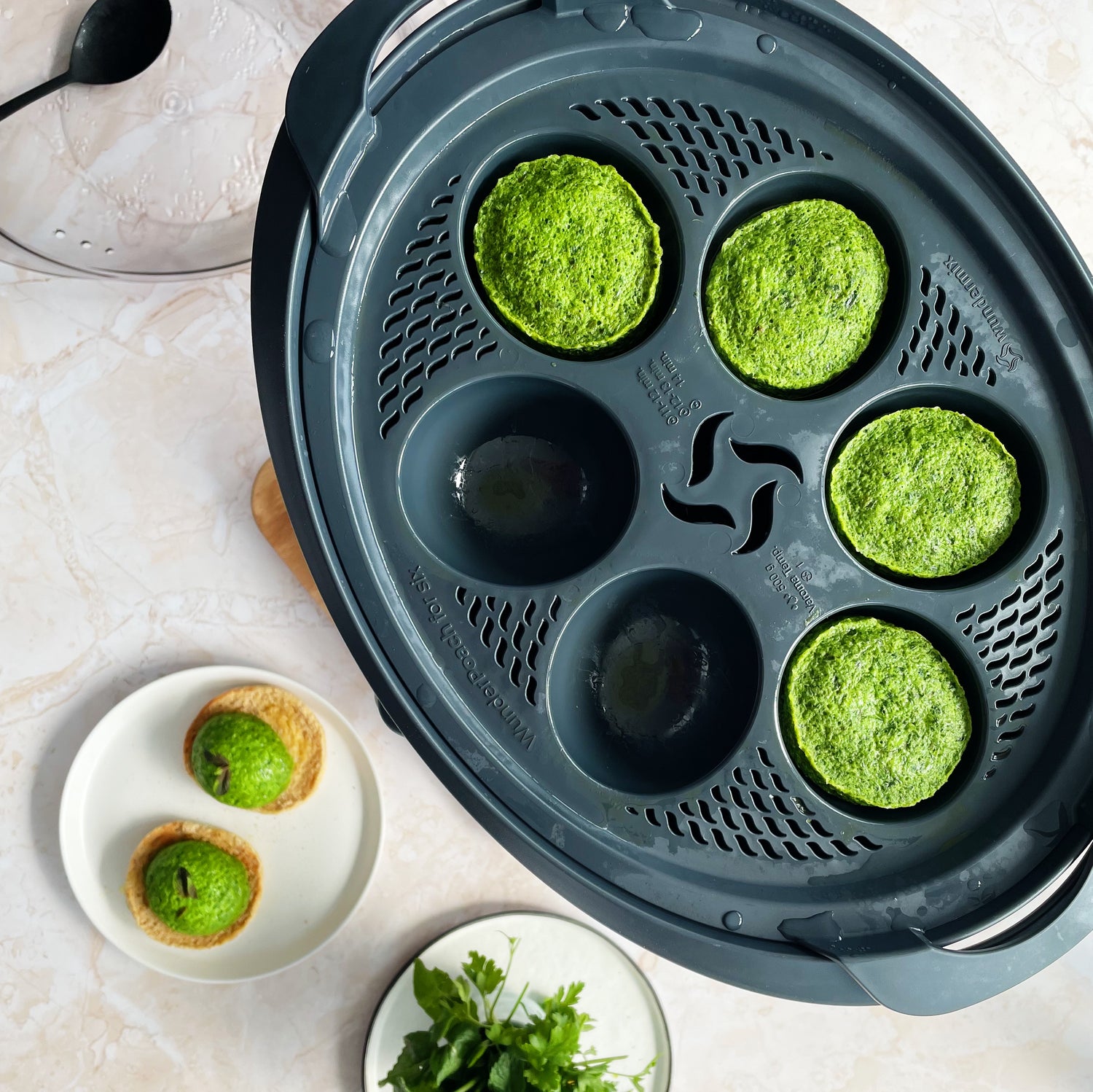What a great day to have my birthday - World Environment Day ️ As many of you know, my absolute passion is gardening - growing FOOD! Other than working, it's pretty much all I spend my waking hours doing. Tending to my chickens, my alpacas, my bees, my 50-odd fruit trees and my many veggie beds. Rain, hail or shine, you'll find me shoveling shit (literally! my chickens and alpacas provide the fertiliser for my veggies), digging holes and wondering how many mistakes I'm making along the way. At the moment, with the shortened daylight, you'll find me gardening after work, in the dark, with my head torch and beanie on! Why do I do all this? Because I honestly believe that to really care about food, to really understand food, you have to be part of the whole process, seed to stomach. I know the real cost of an egg, I know the time, water and skill it takes to grow a tomato. I understand seasonality in a way that no list can surmise. I know how to care for bees, and I understand without them we'd have no apples, almonds, blueberries, cucumbers, watermelons, cherries or pumpkins (to name just a few). And what I've learned, is that if you eat, you MUST care about the environment. For without a carefully nurtured environment, there will be no food. Simple as that.

So, this year's World Environment Day theme is 'Time for Nature' -
"The foods we eat, the air we breathe, the water we drink and the climate that makes our planet habitable all come from nature.
Yet, these are exceptional times in which nature is sending us a message:
To care for ourselves we must care for nature.
It’s time to wake up. To take notice. To raise our voices.
It’s time to build back better for People and Planet.
This World Environment Day, it’s Time for Nature."
www.worldenvironmentday.global

And that's exactly what I'm hoping for all of us - to give some time to nature. Simple things you can do...
-
do you really need your bananas in a plastic bag? Skip the bag, or bring your own reusable produce bags.
-
buy fresh produce, including flowers, that are grown in Australia.
-
get a compost bin or worm farm! Read why everyone should be composting here.
-
cook from scratch! And think about where your ingredients come from - if possible, visit a farmers market or look for online organics delivery (we use CERES fair food).
-
don't use chemicals, herbicides or pesticides in your home or garden. Clean your house with white vinegar, and look to natural pest management in the garden.
-
plant food for bees - they'll travel up to 10kms, so if you plant it, they will come! My favourites are lavender, rosemary, anise hyssop, comfrey, echiums, raspberries, blueberries and citrus trees (and in most of these cases, you get to eat too!).
-
grow food, not lawns! Get a raised veggie bed, and grow something. As far as I'm concerned, there's nothing tokenistic about even the smallest plot of edibles. Every single bit counts, and the lessons learned are the same no matter what the scale. Herbs are a great place to start, and you'll save so much money!
Well that's it from me! Wishing you all the most wonderful weekend, and thank you for all the love ️xo

